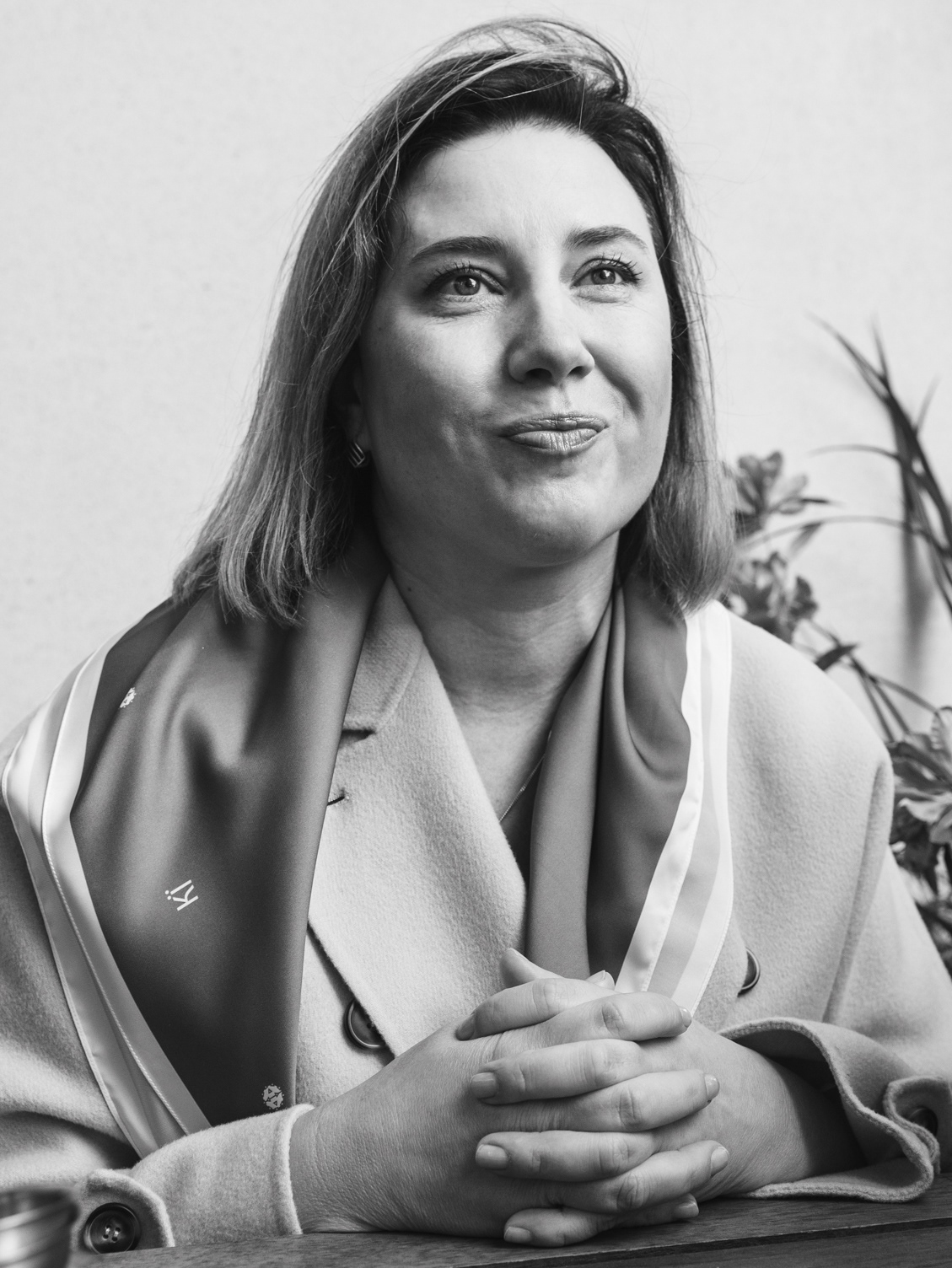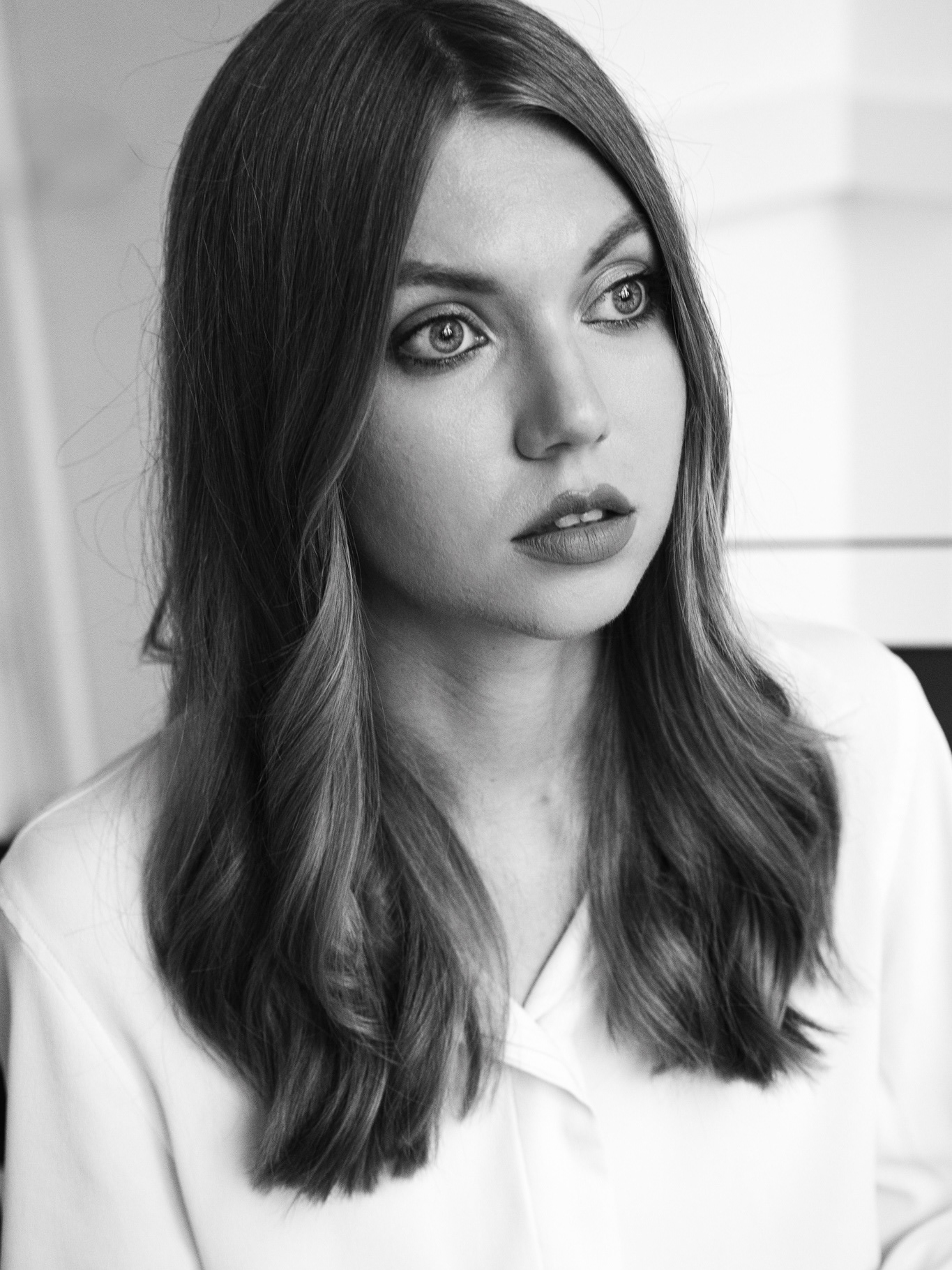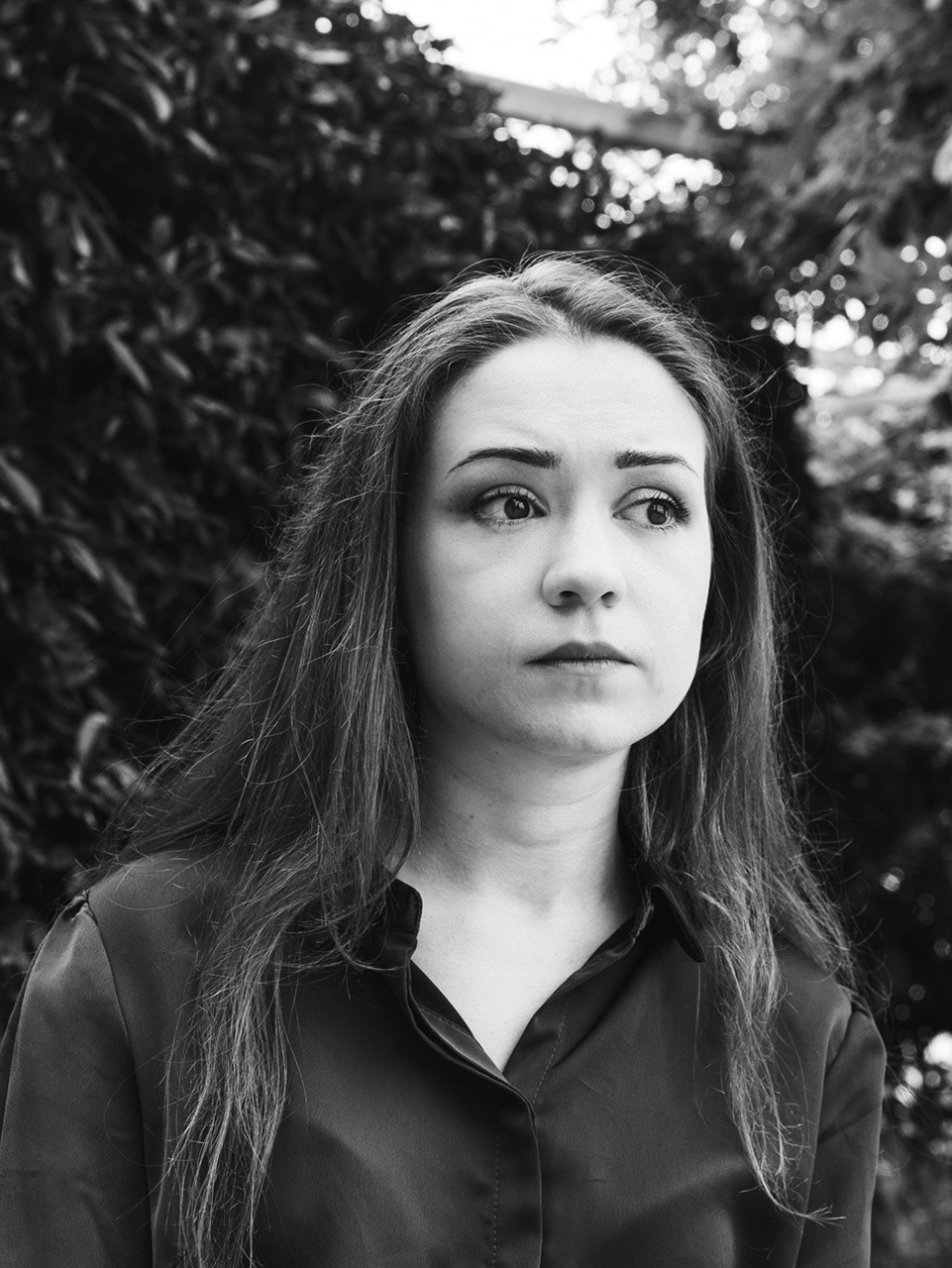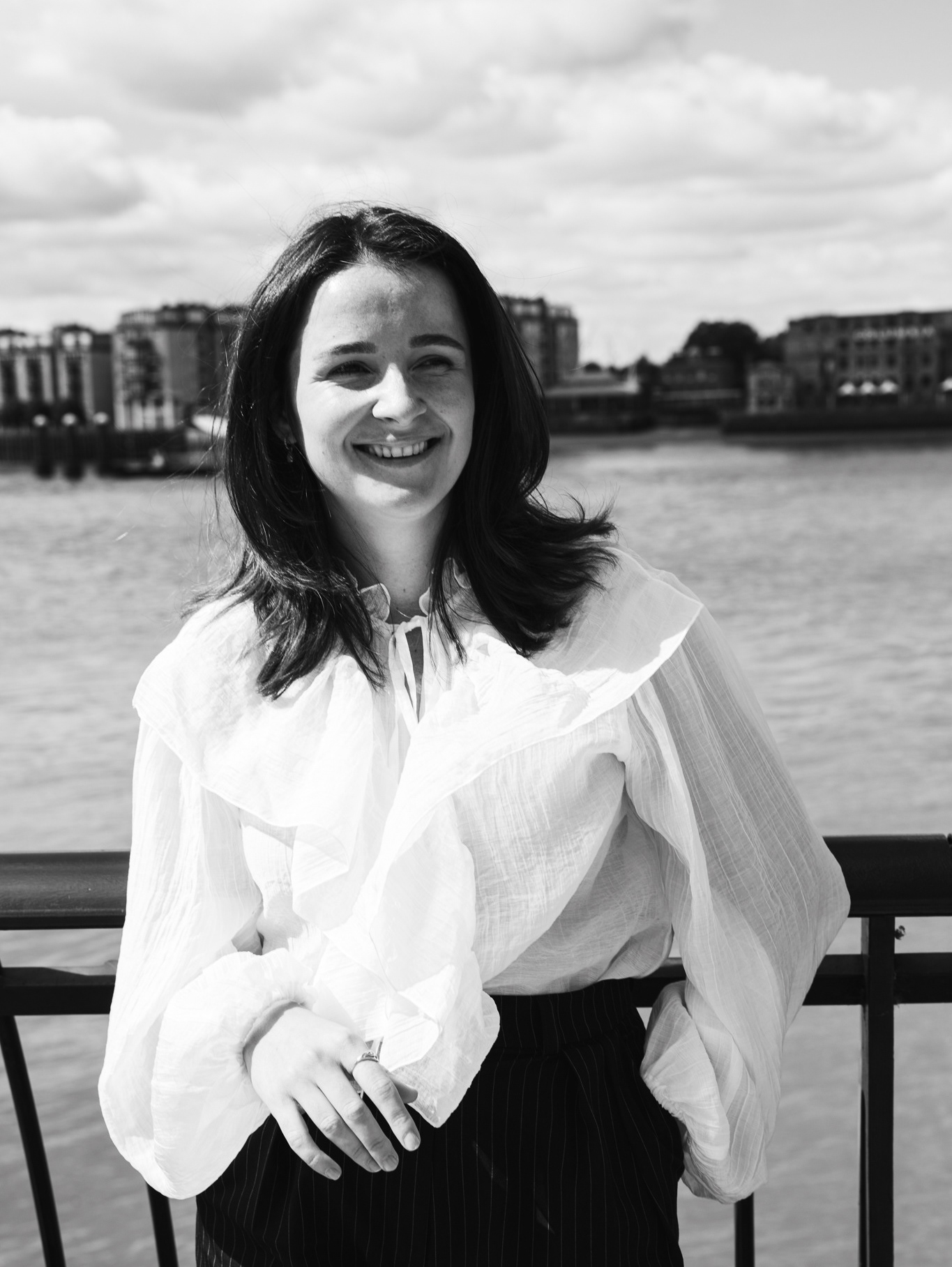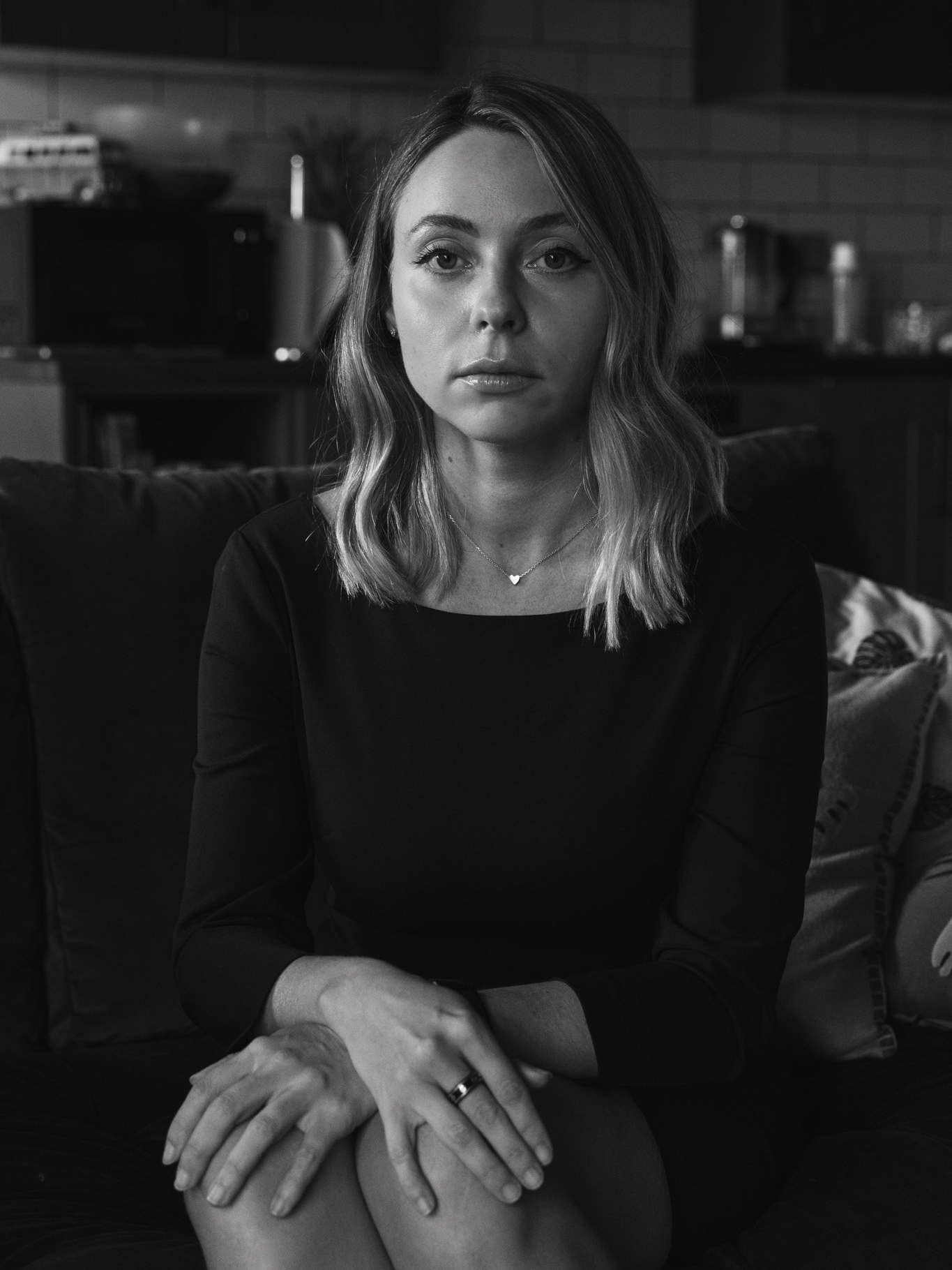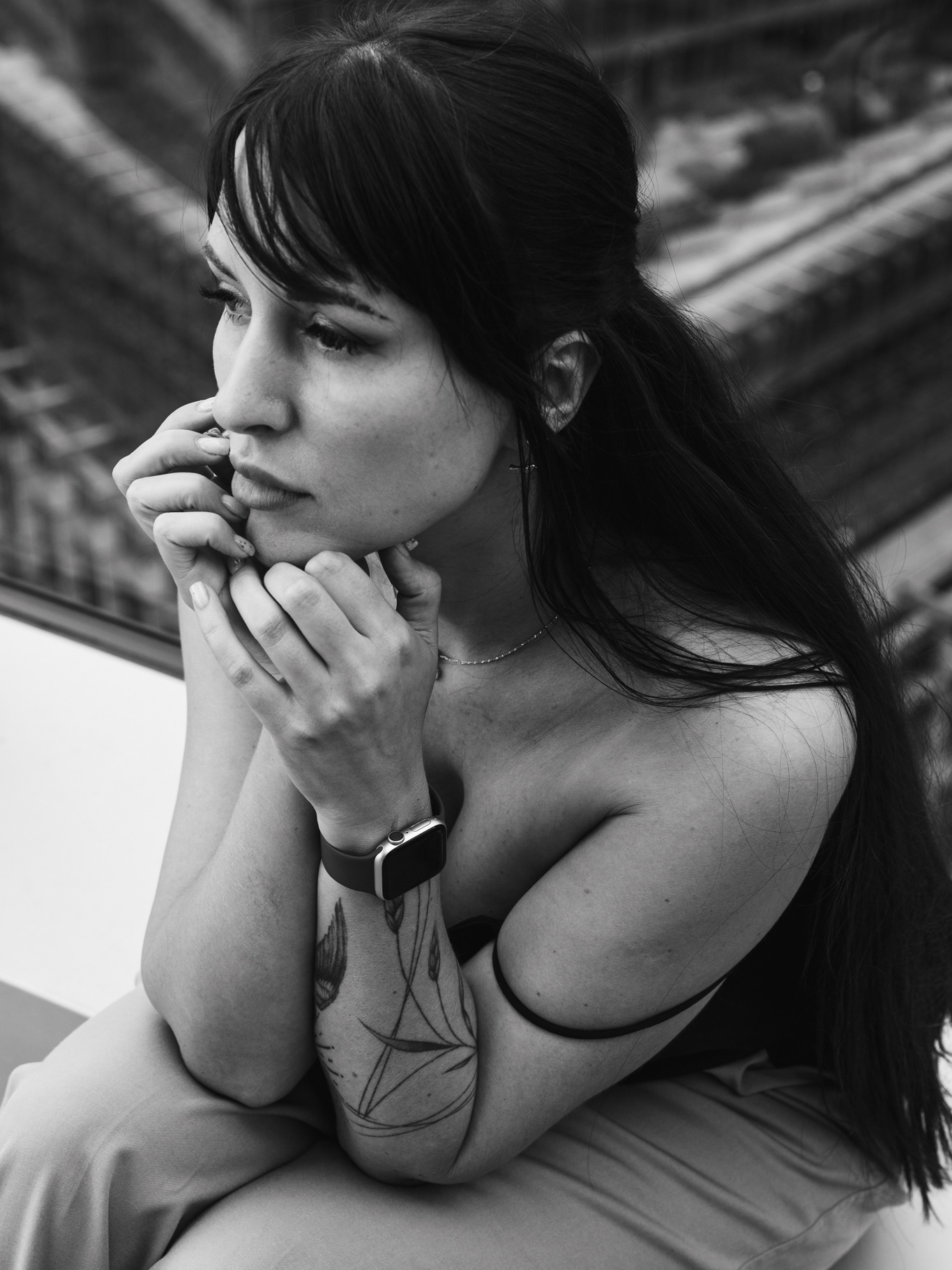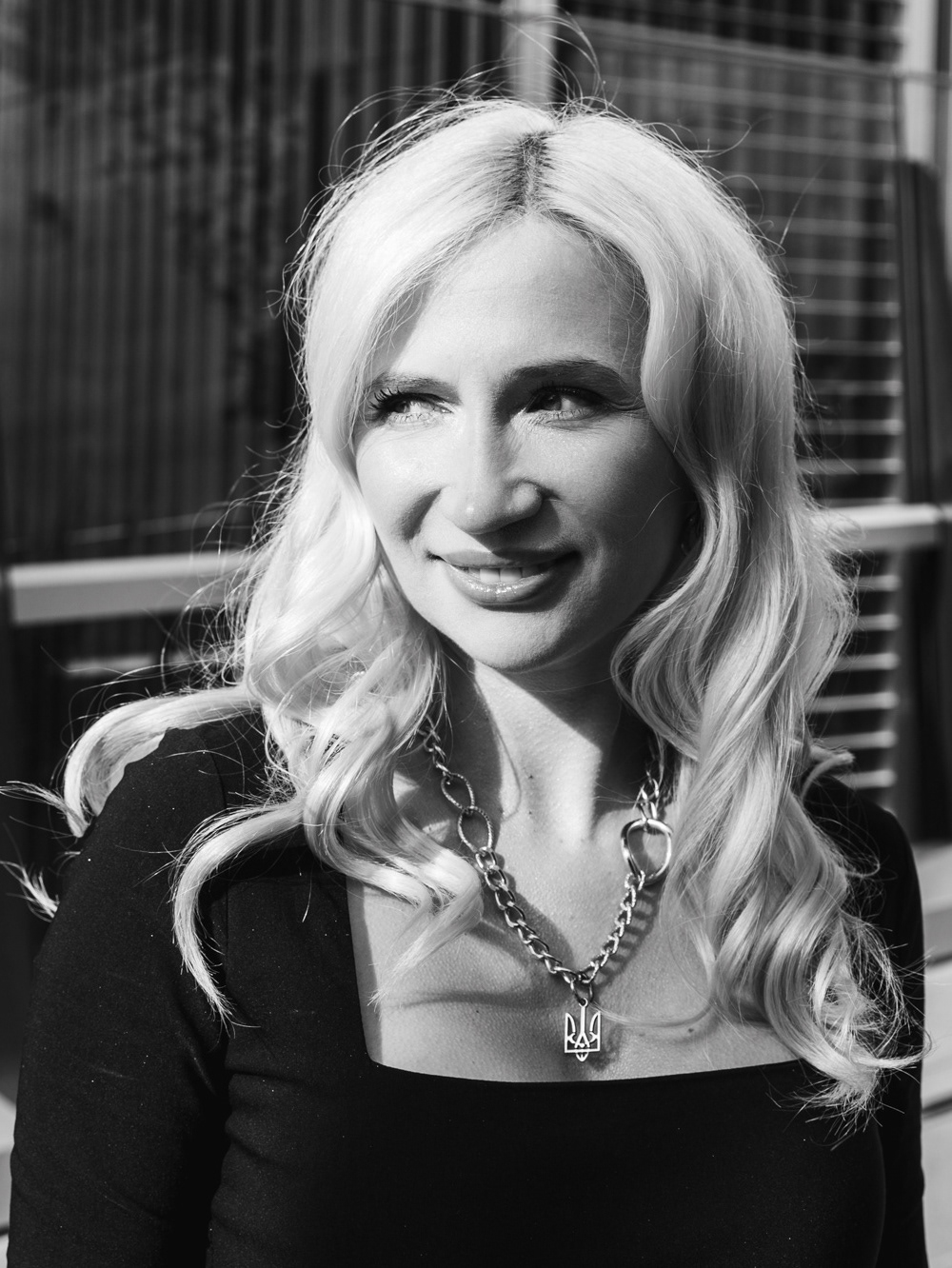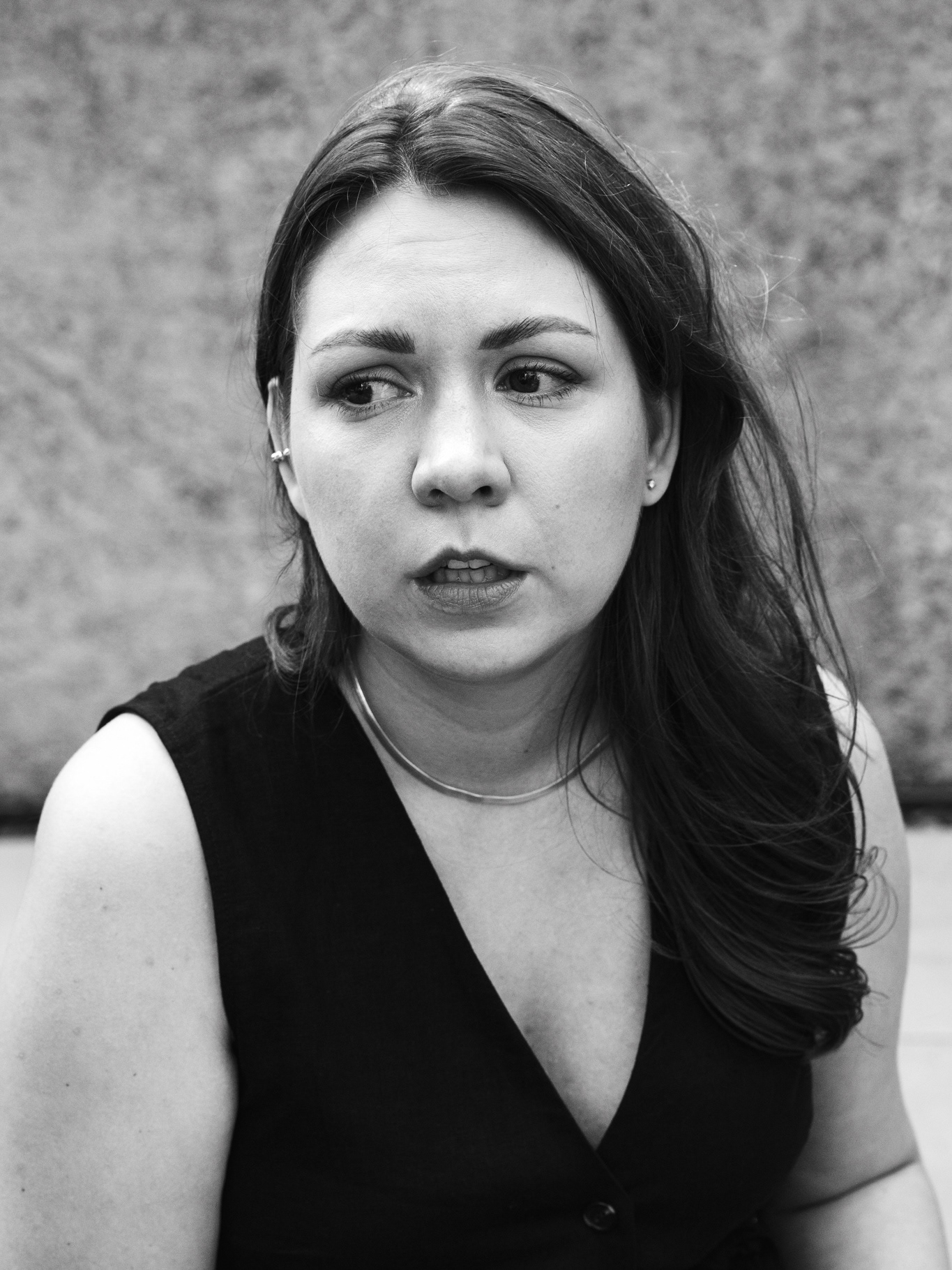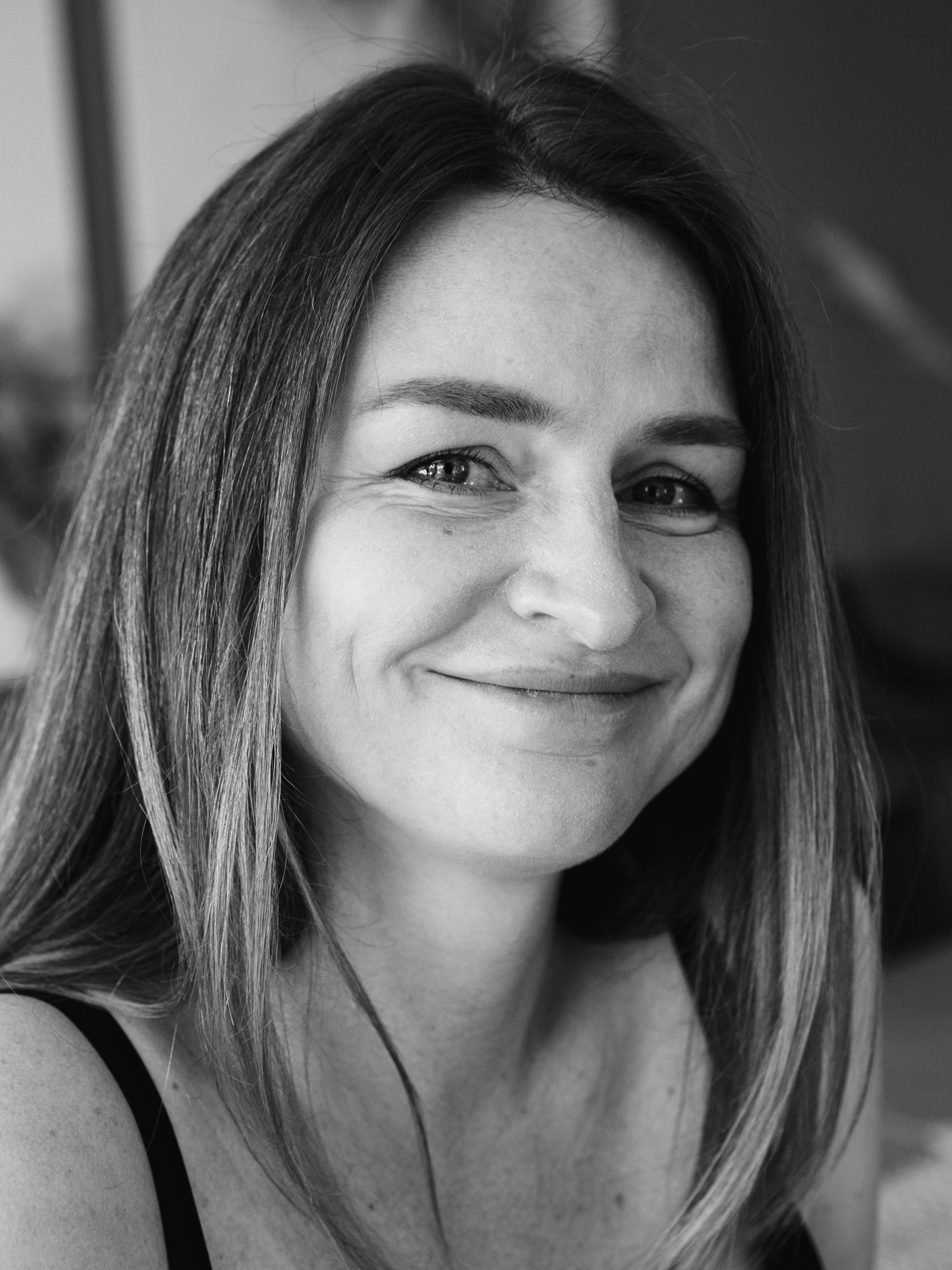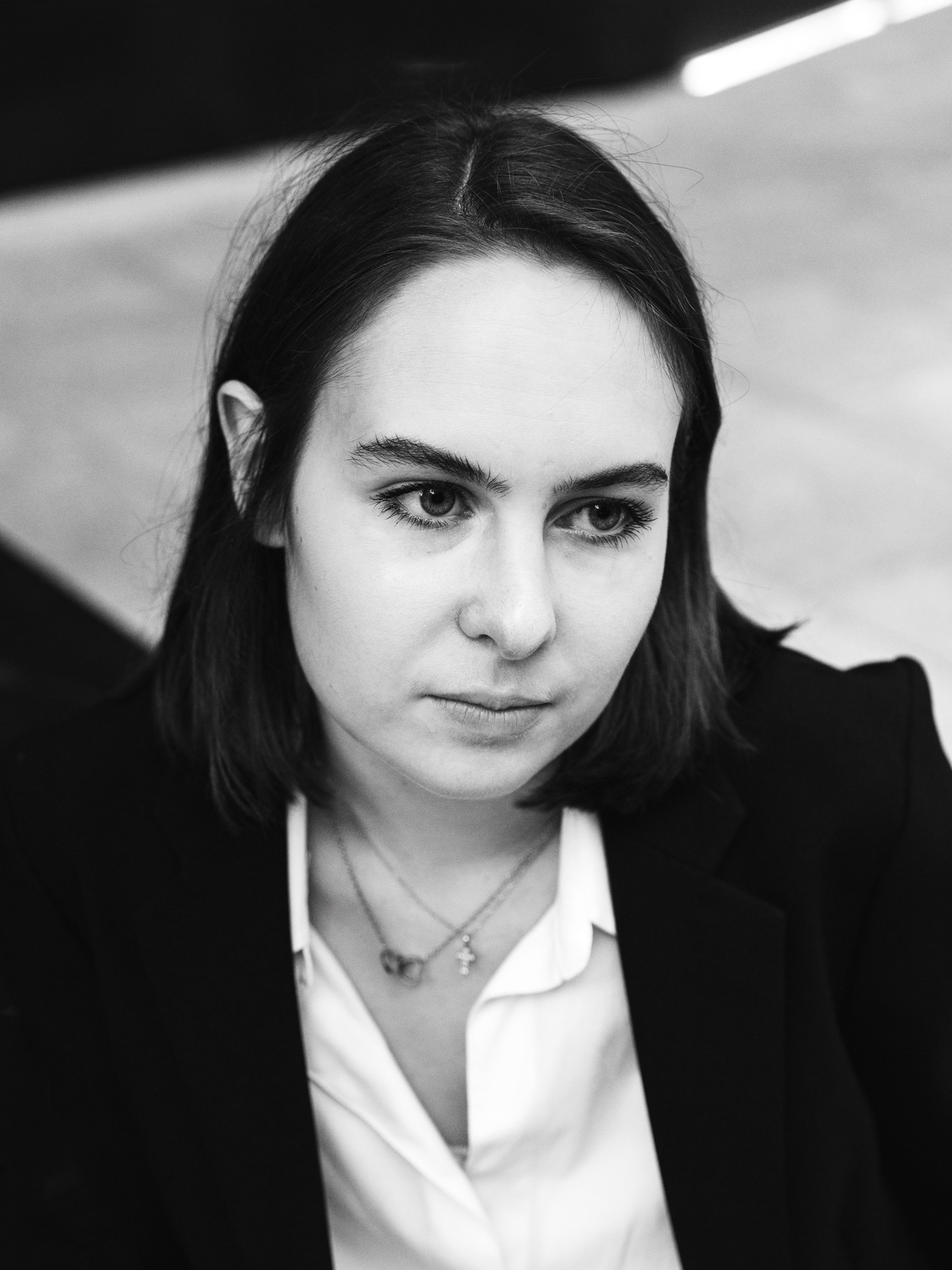The Call That Divided Life into "Before" and "After"
It all began at half past four in the morning. At a time when the city of Fastiv was still in a deep, peaceful sleep, a phone call cut through the silence in Yana Burkovska's home. On the other end of the line was the voice of her head nurse, filled with an anxiety that promised nothing good. "Yana Stanislavivna, are you sleeping?" she asked. "Well, yes, more or less," Yana replied sleepily. And then came the phrase that would forever divide her life into "before" and "after": "The war has begun."
For the young woman, who had only just taken charge of a newly established medical facility on 1st January and was pouring her entire self into its development, these words sounded like a sentence passed not just on the country, but on all her dreams and plans. "What war, what are you talking about?" she asked again, refusing to believe it. But reality was relentless. When Yana left her house, the air was trembling with distant explosions. It was the moment when rational thought retreats, and the body reacts first. "My body truly felt frozen," she recalls.
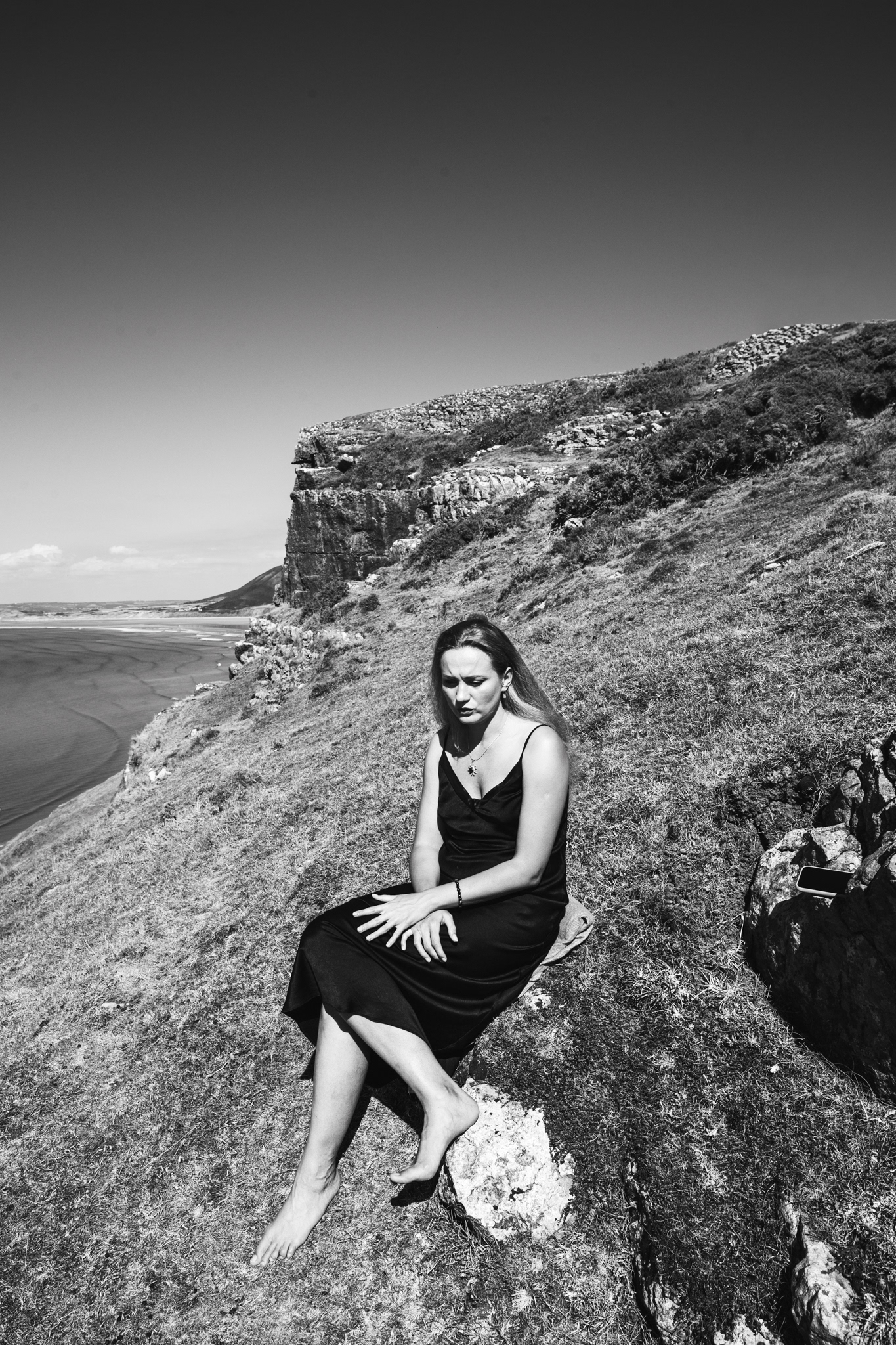
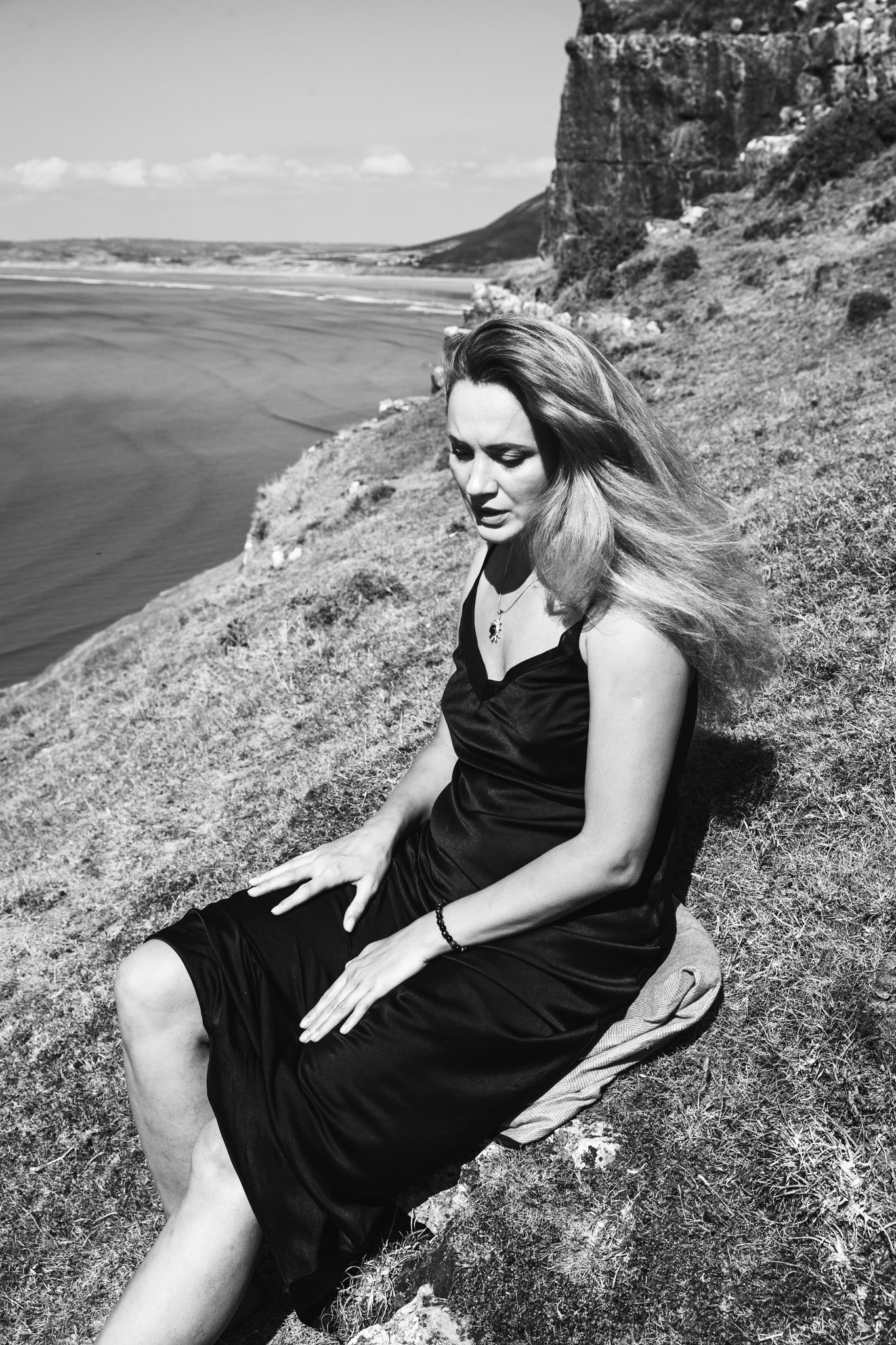
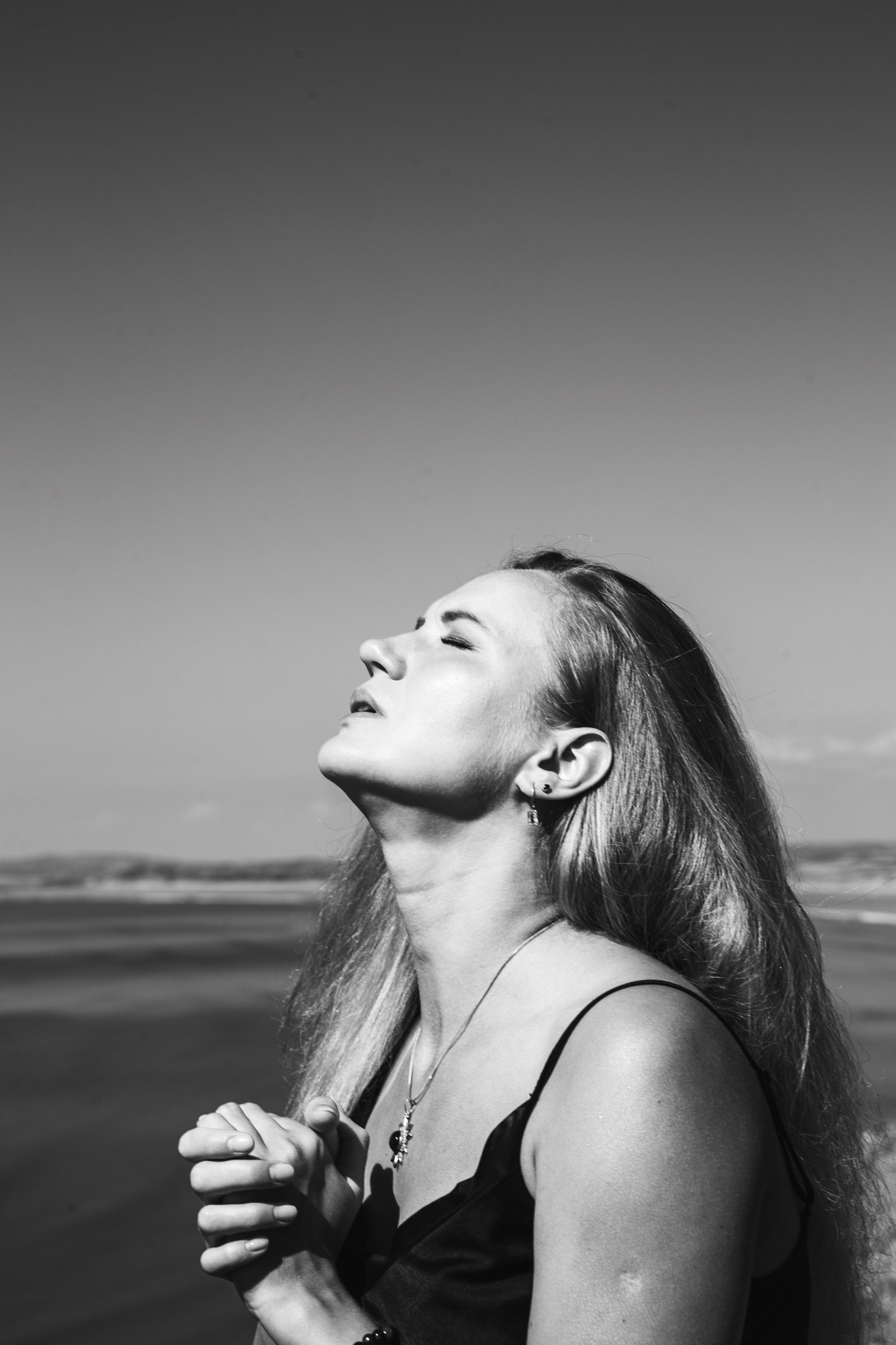
In the first few minutes, confusion, fear, and complete uncertainty reigned. Her husband was beside her, and one question pulsed in her mind: what to do? Where to run? But for Yana, as a manager, personal fear quickly gave way to a sense of duty. Her first thoughts were not about her own life, but about her work, about the people she was now responsible for. "My God, what do I do? My thoughts immediately went to work, not about my own life, but about how, damn it, everything had only just begun, and now a war had started."
The answer to her question "what to do?" came from the head of the local community: "We have to go to work, keep things steady." And Yana went. That day, the journey to work turned into a journey through an apocalypse. An endless stream of cars moved towards her, filled with bewildered families fleeing the unknown. This image was seared into her memory forever. "It was all so... apocalyptic. As if the apocalypse had begun, like in 'The Walking Dead'."
And amidst this chaos, watching the stream of refugees, Yana felt not a desire to join them, but an astonishing sense of responsibility that became her inner compass in the months to come. "I felt a huge responsibility on my shoulders. I thought: why can these people just up and leave, but I can't? I have to bear this responsibility." This was the first spark of the indomitability that would later help her overcome much greater challenges.
The first few days were empty and quiet. There were no patients. But war doesn't cancel illness. Within a week, people began to return, and with them, the panic returned: pharmacies were emptied, shop shelves bare. Yana recalls driving around the city herself in search of medicine for her patients. She was not just a director, but a doctor, a saviour (this is a bit much right here), a pillar of support for the community, which found itself on the brink of survival. She didn't know yet that this experience would be merely a prelude to her own battle for the future, one that would unfold thousands of miles from home.
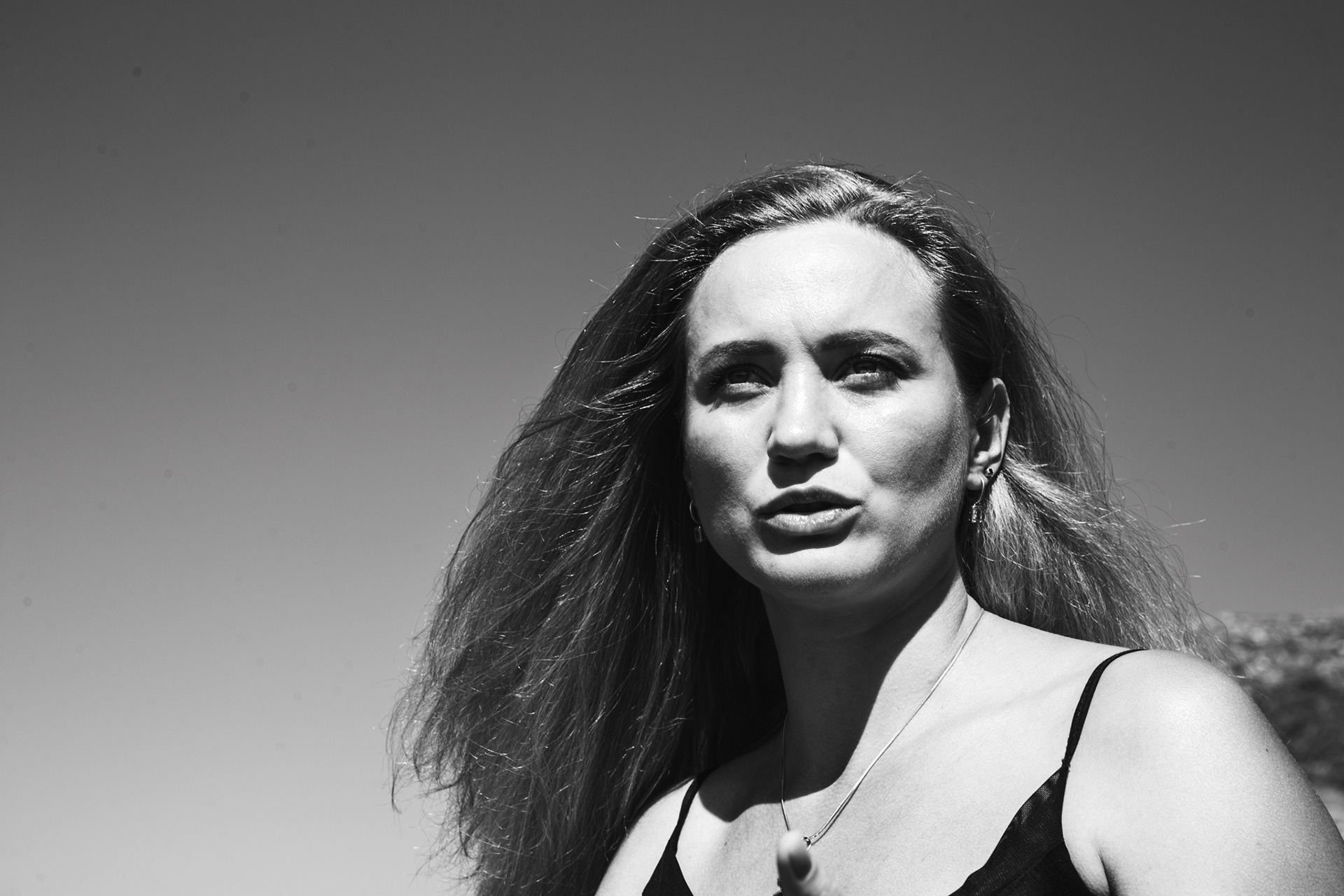
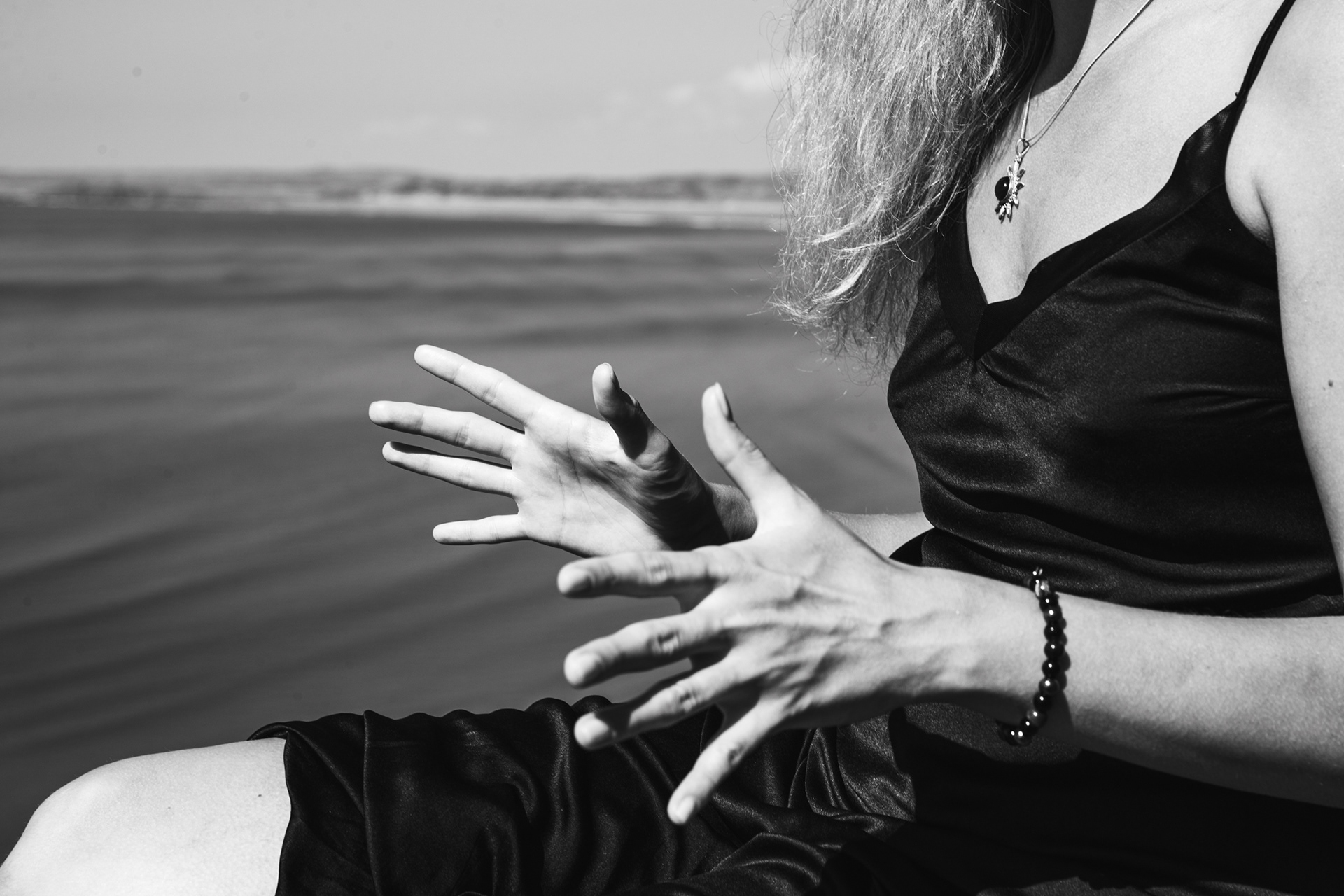
The Decision That Changed Everything, and the Shock of a New Reality
Months passed. Hard, exhausting, filled with anxiety. The pressure mounted, and the financial situation became critical. The newly created medical facility was funded by the local budget, and Yana's salary barely reached 10,000 hryvnias. This was not enough to cover the loans taken out for the recent renovation of the house she and her husband had put so much love into. The war didn't cancel debts. And then, three months after the invasion, Yana made the most difficult decision of her life. "I decided I had to go somewhere, because my husband was not permitted to leave the country, and I needed to go somewhere and earn a living."
The idea of going to Great Britain, suggested by a friend, seemed almost fantastical. But it was a chance. In two weeks, at a frantic pace, they found sponsors, got visas, and bought tickets. On 30th May, Yana was already on her way to Poland, and from there, into the unknown. She left everything behind: her career, her home, her family, her country, which was burning. Her starting capital was only desperate courage and borrowed money. "I was even travelling on 100 dollars I’d borrowed, because I had no money for the journey," she recalls of this moment, which became a symbol of her leap into the abyss.
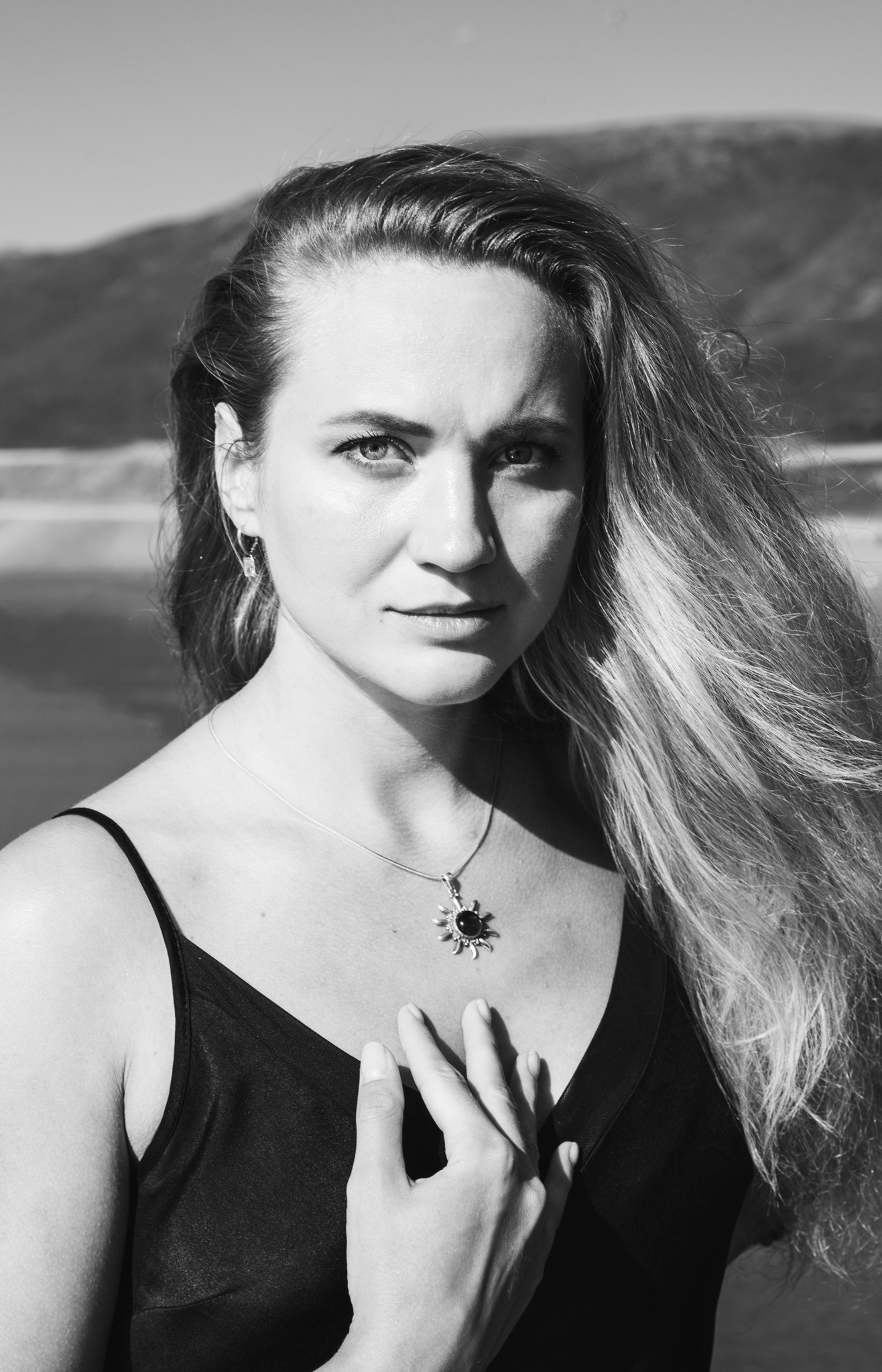

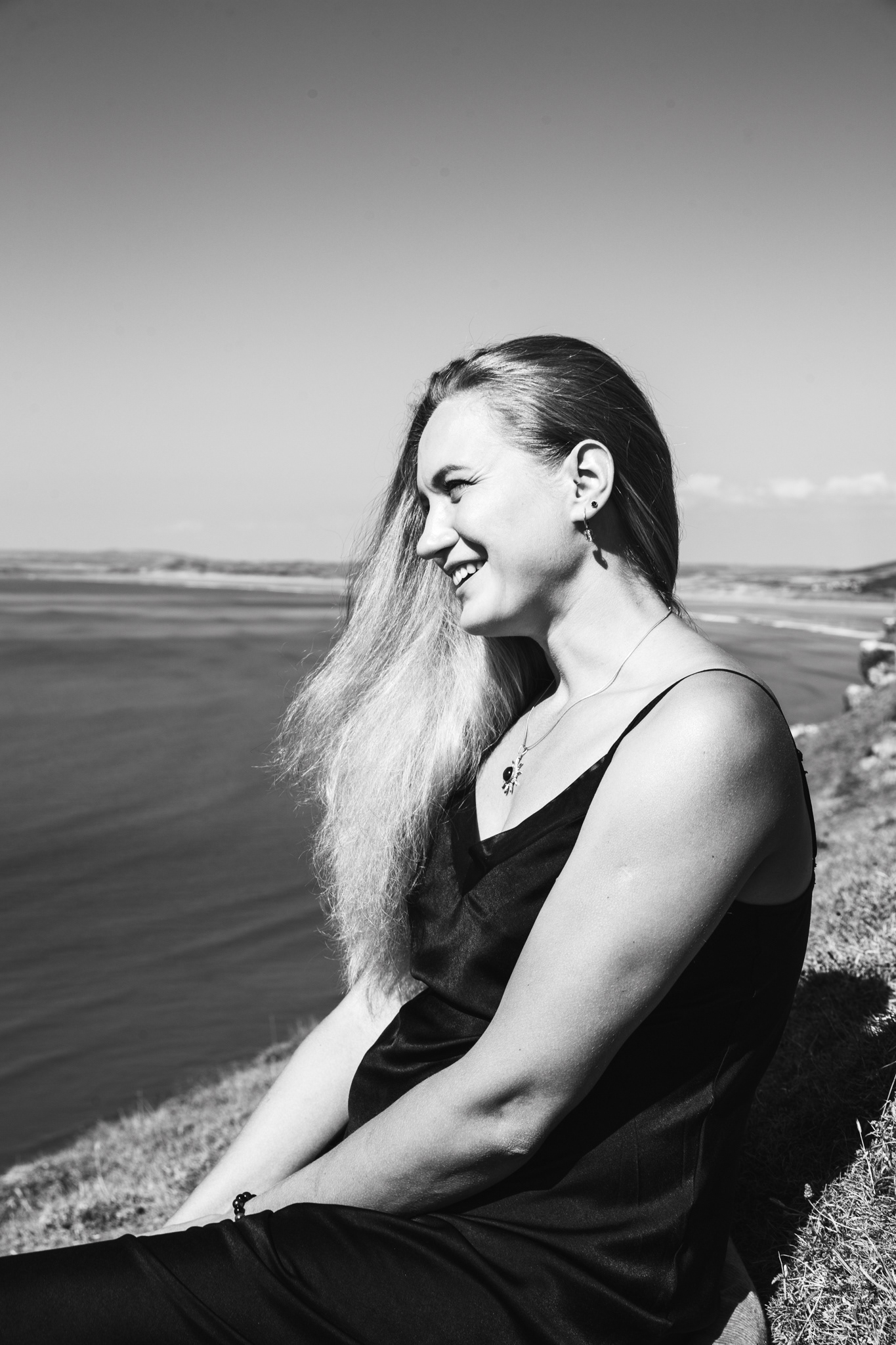
Britain greeted her with the warmth of her sponsors and, at the same time, with culture shock. The intelligent, kind couple who gave them shelter lived in a large but very old house, where, in Yana's words, "overconsumption" and a peculiar idea of cleanliness reigned. Three dogs that roamed freely throughout the house after walks in the woods, the dust, the mess—it was all far from her image of a dreamlike Europe. The first reaction was despair. "We were like: 'My God, where have we ended up?'. We just held our heads in our hands."
But there was no time for despair. By the 17th day, Yana had found a job as a kitchen assistant in a café. The gruelling routine began. The commute to work, due to constant rail strikes, could take up to two hours. Sometimes she had to walk for over an hour to the bus station. It was humiliating, a trial that made her feel powerless. But it was on one of those days, walking to the bus in the rain, that Yana felt something boiling up inside her—not despair, but rage. A healthy, constructive anger at her circumstances, which became the catalyst for change.
"After I’d walked like that 2-3 times, the last time I thought: 'I am not walking to work anymore. I am not going to live like this anymore.' I got so angry about it, it was just horrendous." This was the point of no return. The moment when the victim of circumstances decided to become the master of her own destiny. She began to save every penny, working from six in the morning until eight at night, to rent her own place as quickly as possible and regain control of her life.
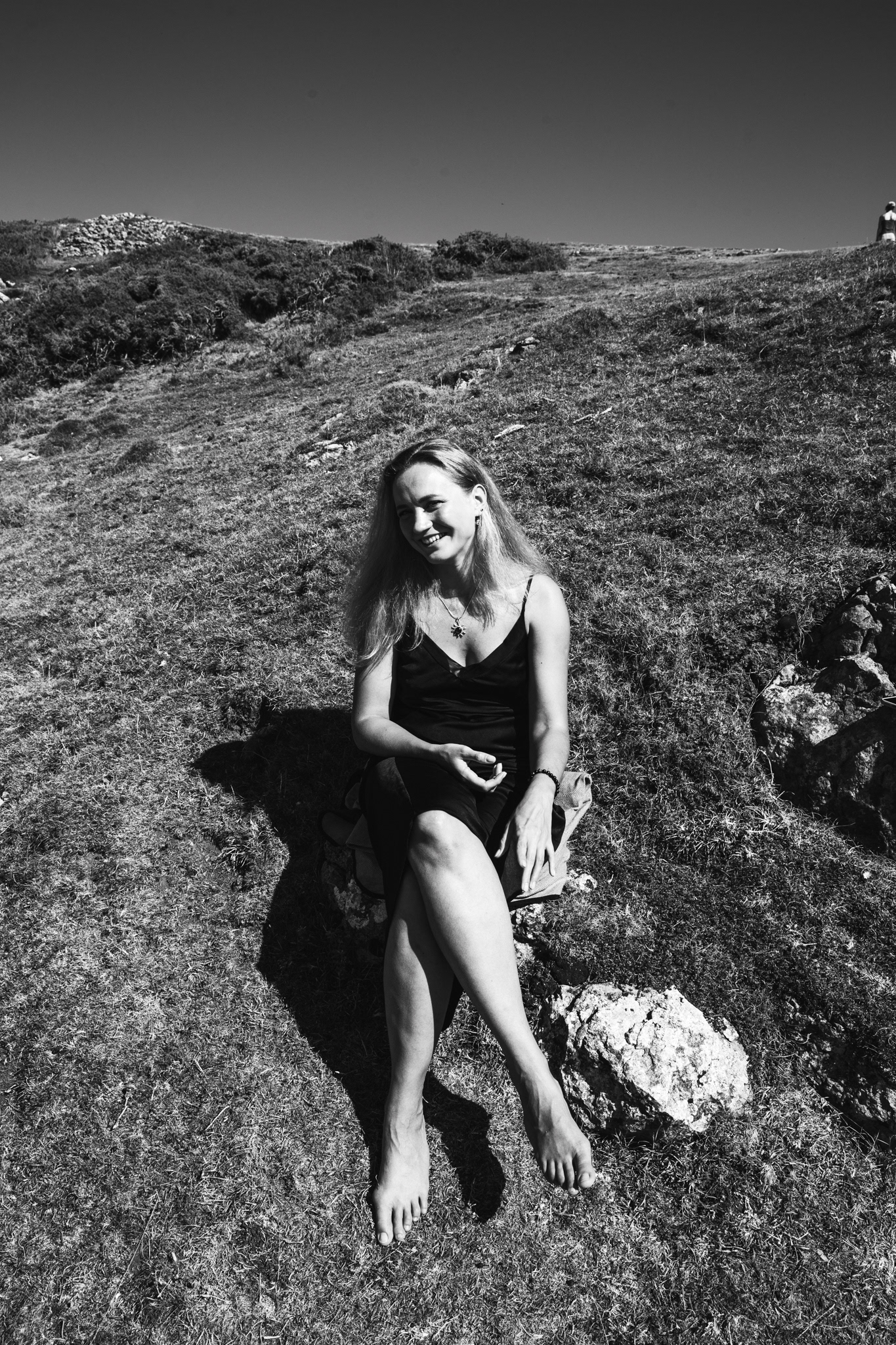
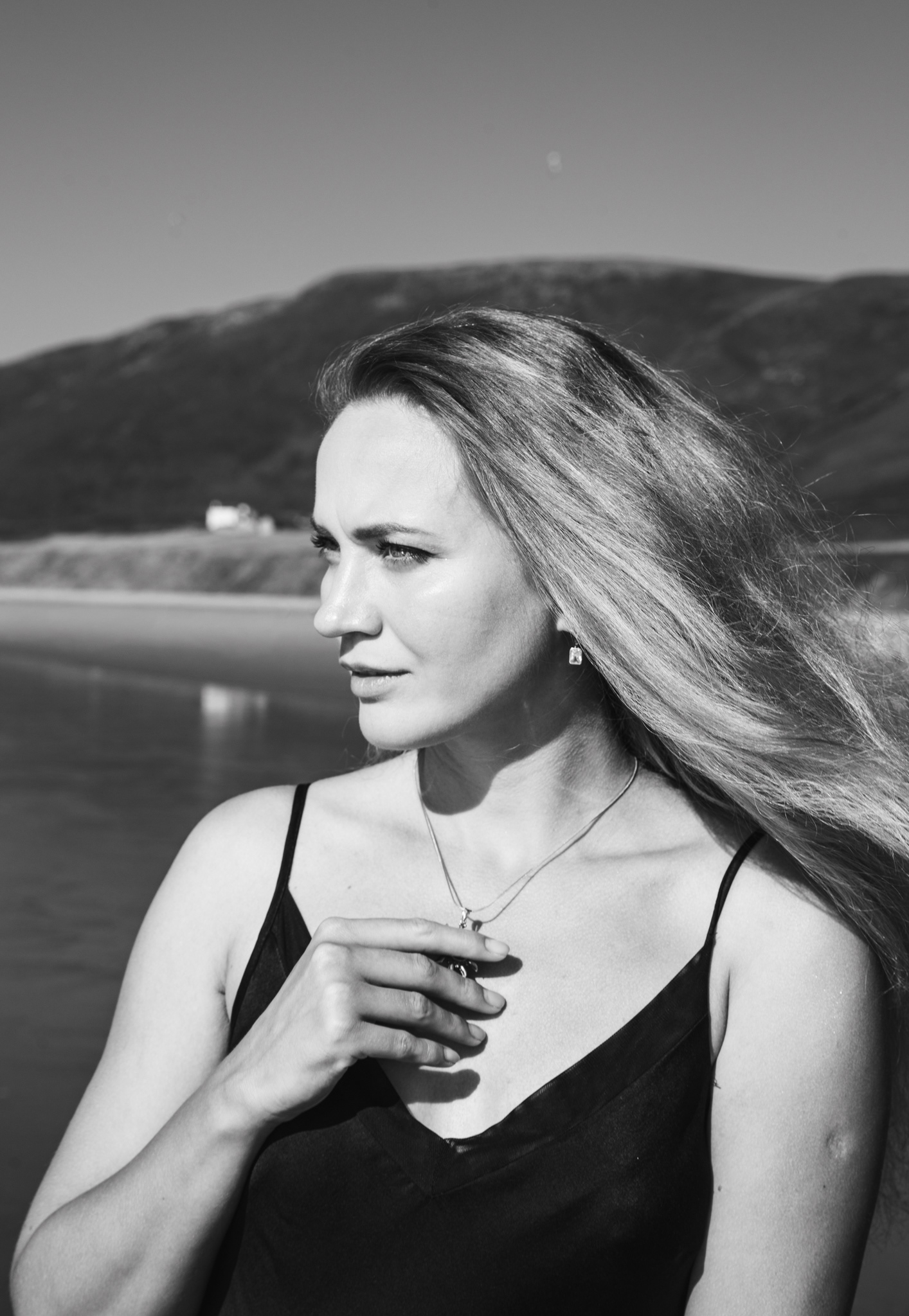
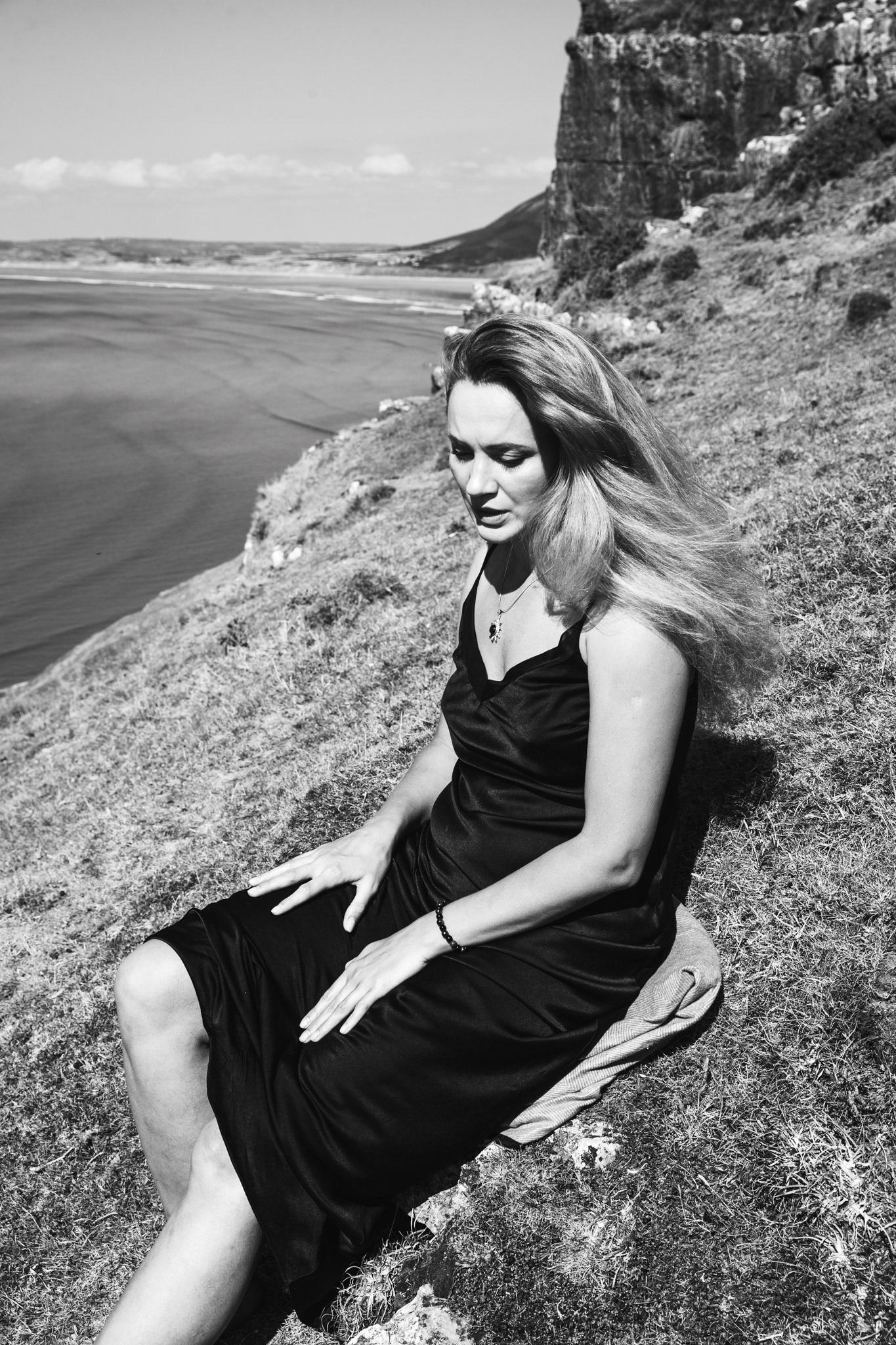
The Loss of the Old World and the Birth of a New Self
While Yana fought for her place under the British sun, the connection to her old life was relentlessly fading. The distance, the stress, and differing views on the future became a chasm between her and her husband. She saw her future in Britain, ready to find ways to bring him over. He, however, categorically refused to leave Ukraine. The break-up was painful, but inevitable. In December 2022, just six months after she left, they divorced.
It was another blow. The loss not just of a person, but of an entire world they had built together. It was especially painful to think about the house, into whose renovation she had poured so much effort and soul. "I think I cried when I saw that other people were living in that house, where I had made everything... It felt so horrible, as if at that table I chose, with all those things—strangers."
But even in this darkness, Yana managed to find a glimmer of light, demonstrating an amazing ability to reframe. "There was a feeling of hopelessness... but also a feeling that everything has some meaning, and if it happened, it must be for the best. Maybe I was just comforting myself that way." This ability to see meaning even in the most difficult events became key to her further growth.
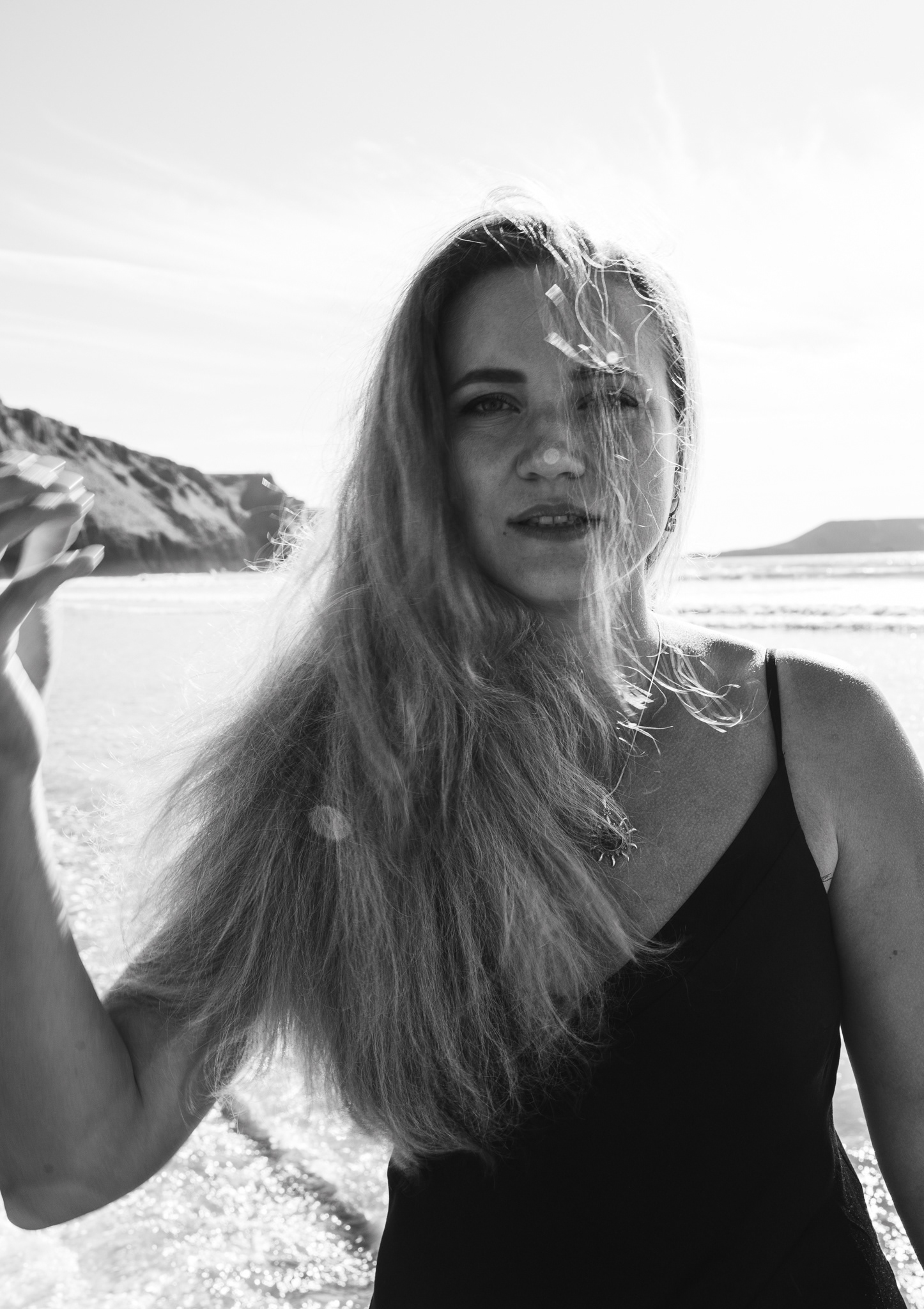
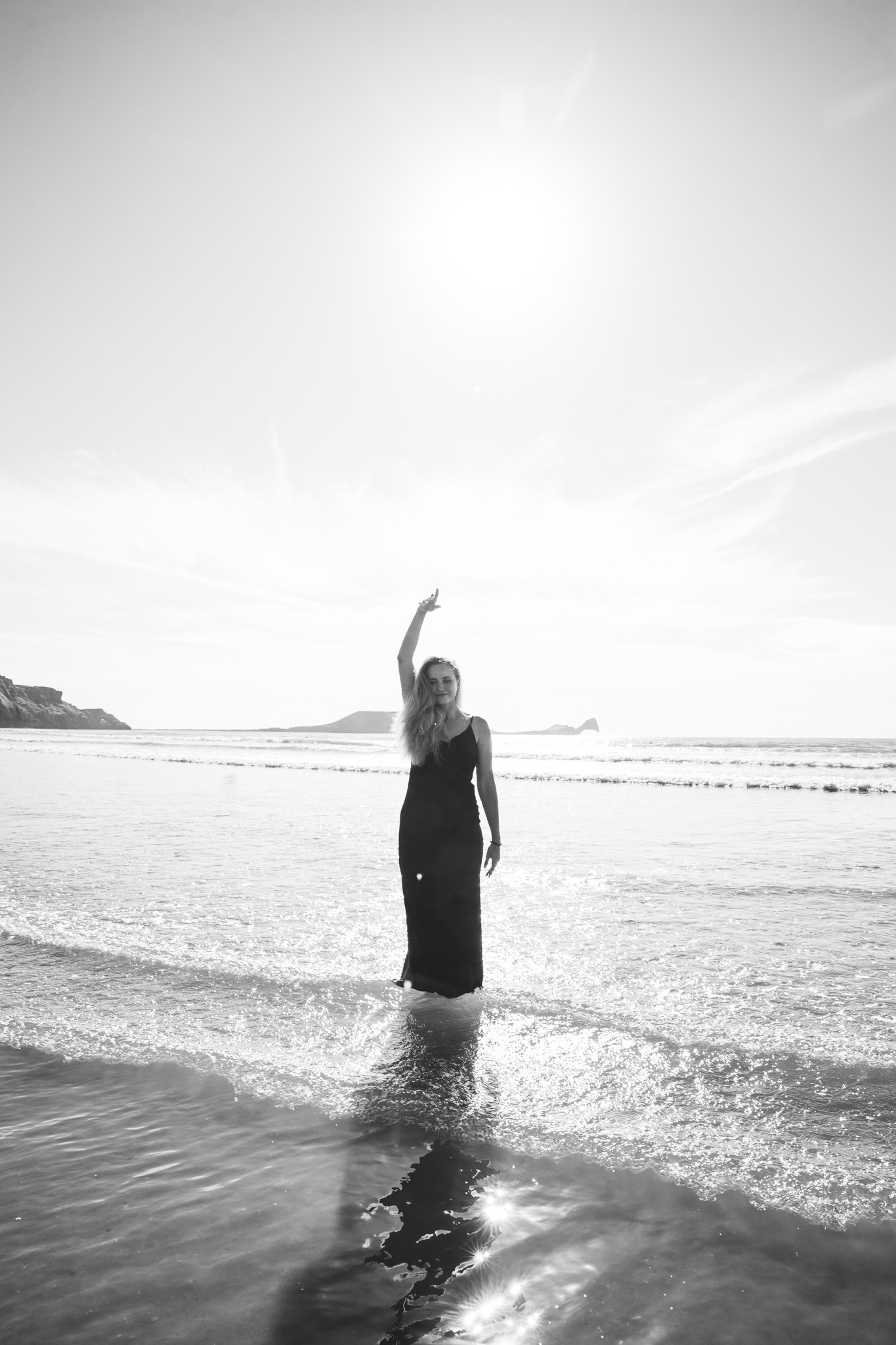
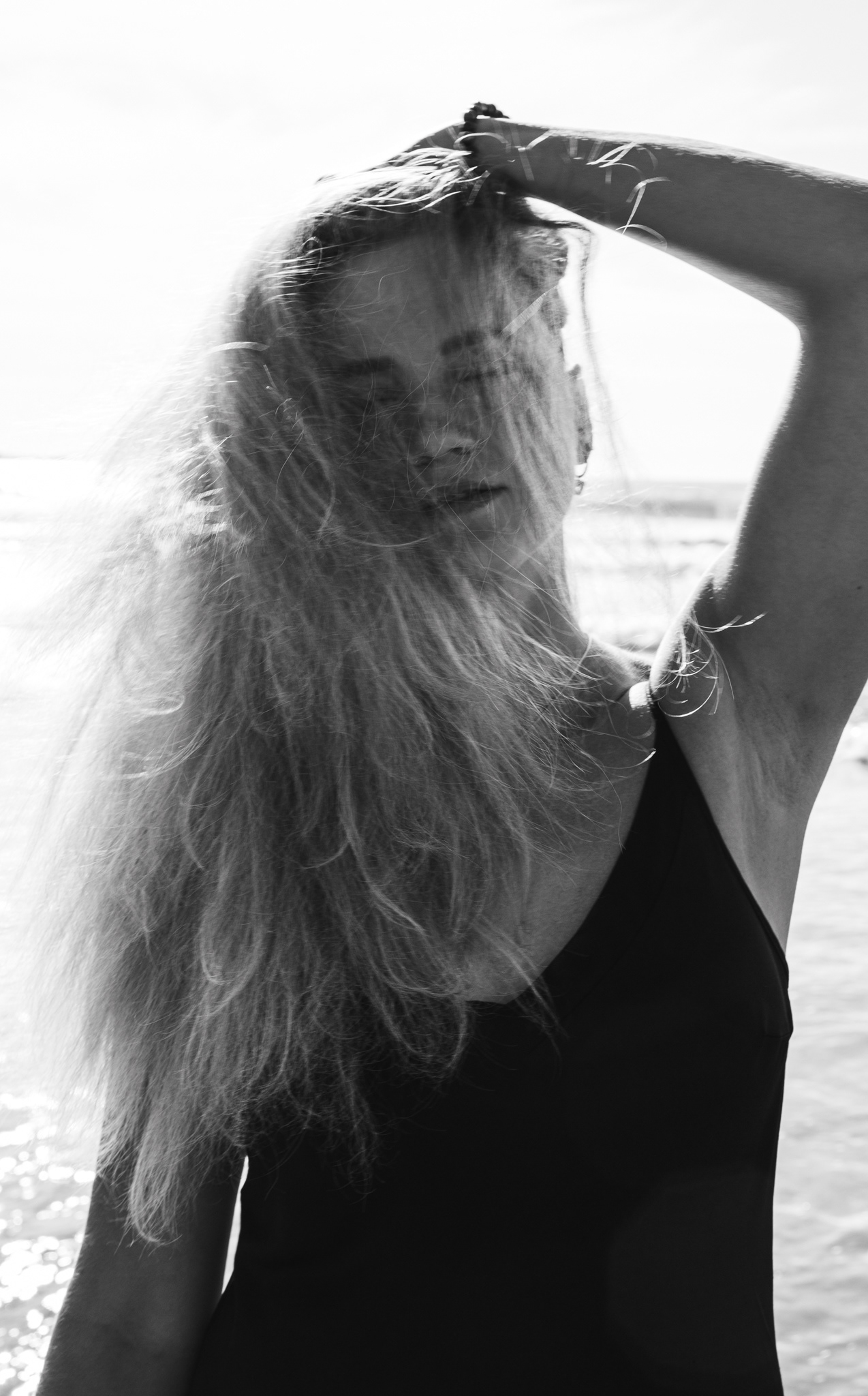
During this difficult period, she was supported by a colleague from work, with whom she later started living. But the real pillar of support was herself. After several months of exhausting work, she was finally able to rent her own flat. It was the first big step towards independence.
The next challenge was professional self-realisation. The kitchen job, which, by the way, she loathes, was just a means of survival. In her soul, she remained a doctor. Yana began preparing to validate her medical diploma, but her first attempts at the language exam were unsuccessful. This could have broken anyone, but not her. In parallel, she began to storm the National Health Service (NHS), sending out her CV and looking for any opportunity to return to medicine.
Her persistence paid off. In January 2024, after a long process of interviews and checks, she was hired as a healthcare assistant on a psychiatric ward. It was a victory. Not just a professional victory, but a personal one. Working in a multicultural environment, where her English turned out to be better than that of many colleagues, restored her confidence. "It really gave me more confidence in my English. And then I started to become more and more confident, using it even more, talking to colleagues, deliberately drawing them into conversation." She felt like she was in the right place again.
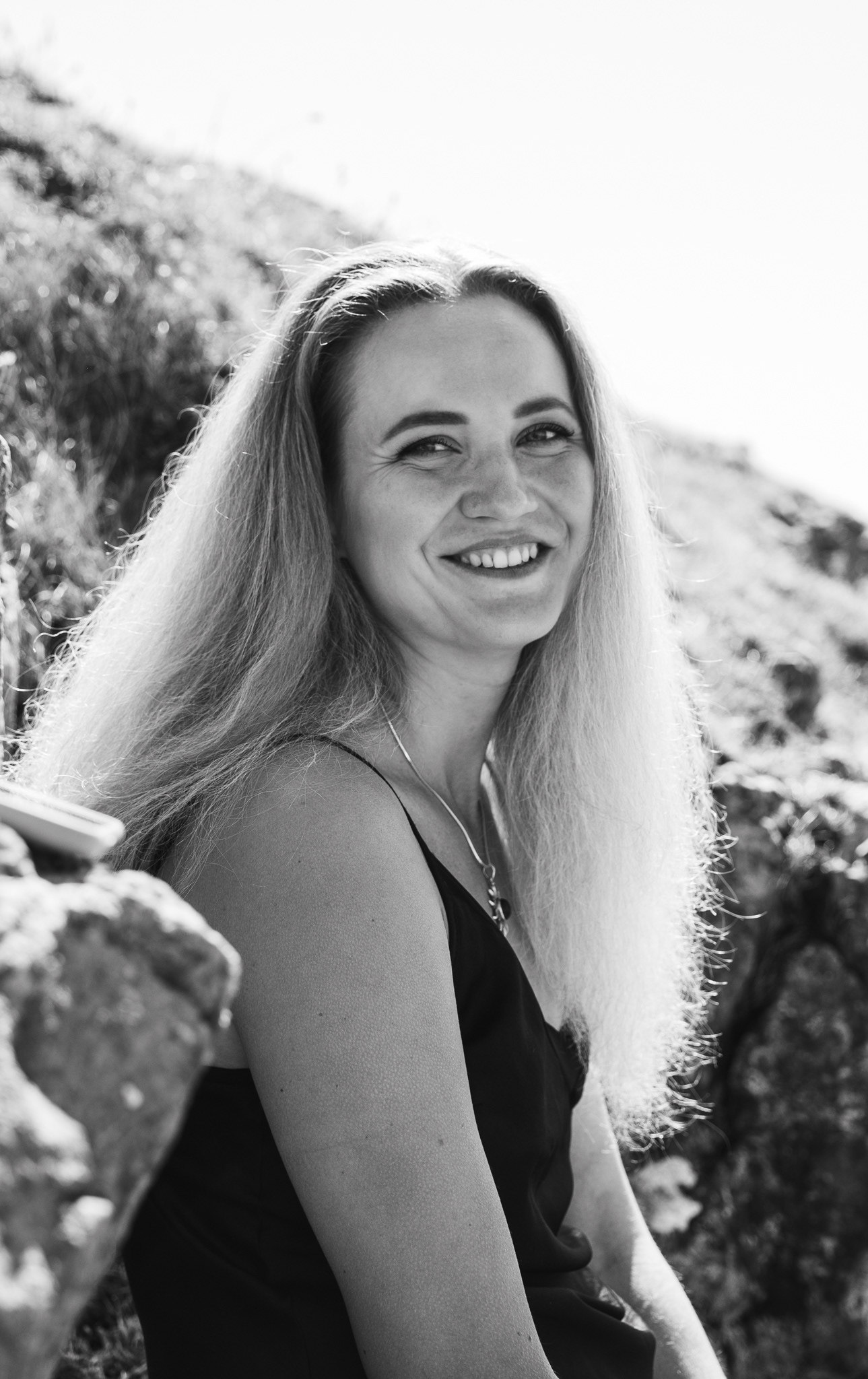
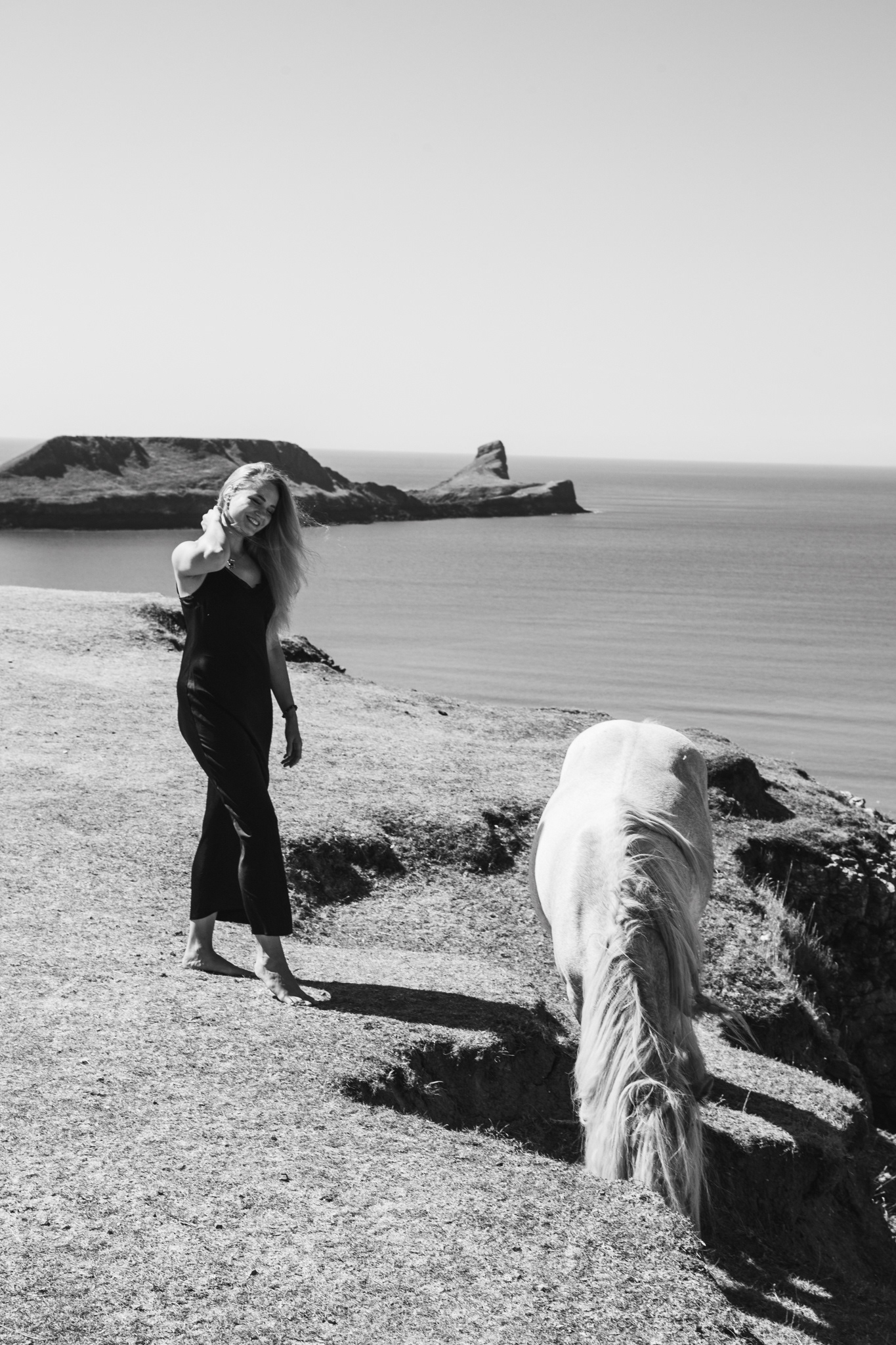
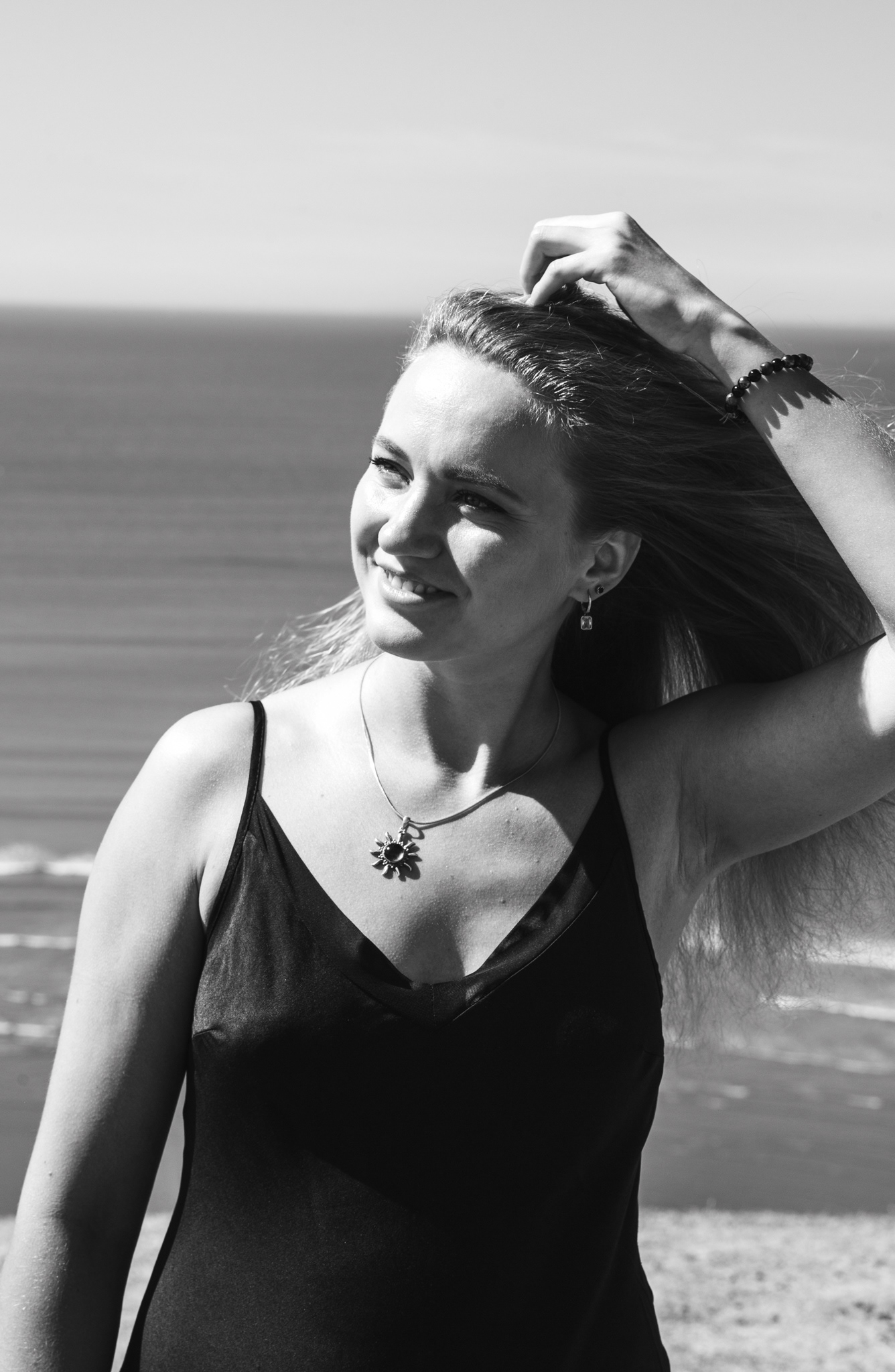
Home as a Fortress. The Battle for the Mortgage
Working in the NHS opened up new financial possibilities. Yana took night shifts, working at the limit of her strength, but now she had a goal. An idea that had initially seemed crazy began to take on real shape—buying her own house. To many, this seemed impossible, even absurd, given her status as a refugee on a temporary visa. But for Yana, it was a matter of principle. Her logic was iron-clad and rebellious at the same time: "My understanding was, why should I pay someone a thousand pounds when I can pay for my own house? The same amount, or even less... But it would be my house."
This wasn't just about square metres. It was an act of reclaiming the home that the war had taken from her. It was a statement to the world: I am here, I am building my life on my own terms. However, between the dream and the reality lay the chasm of British bureaucracy. The mortgage system, complex even for locals, seemed an impregnable fortress to a newly arrived Ukrainian. It required proof of income, a perfect credit history, which she simply didn't have, and, most importantly, a deposit—a sum she had to save from scratch.
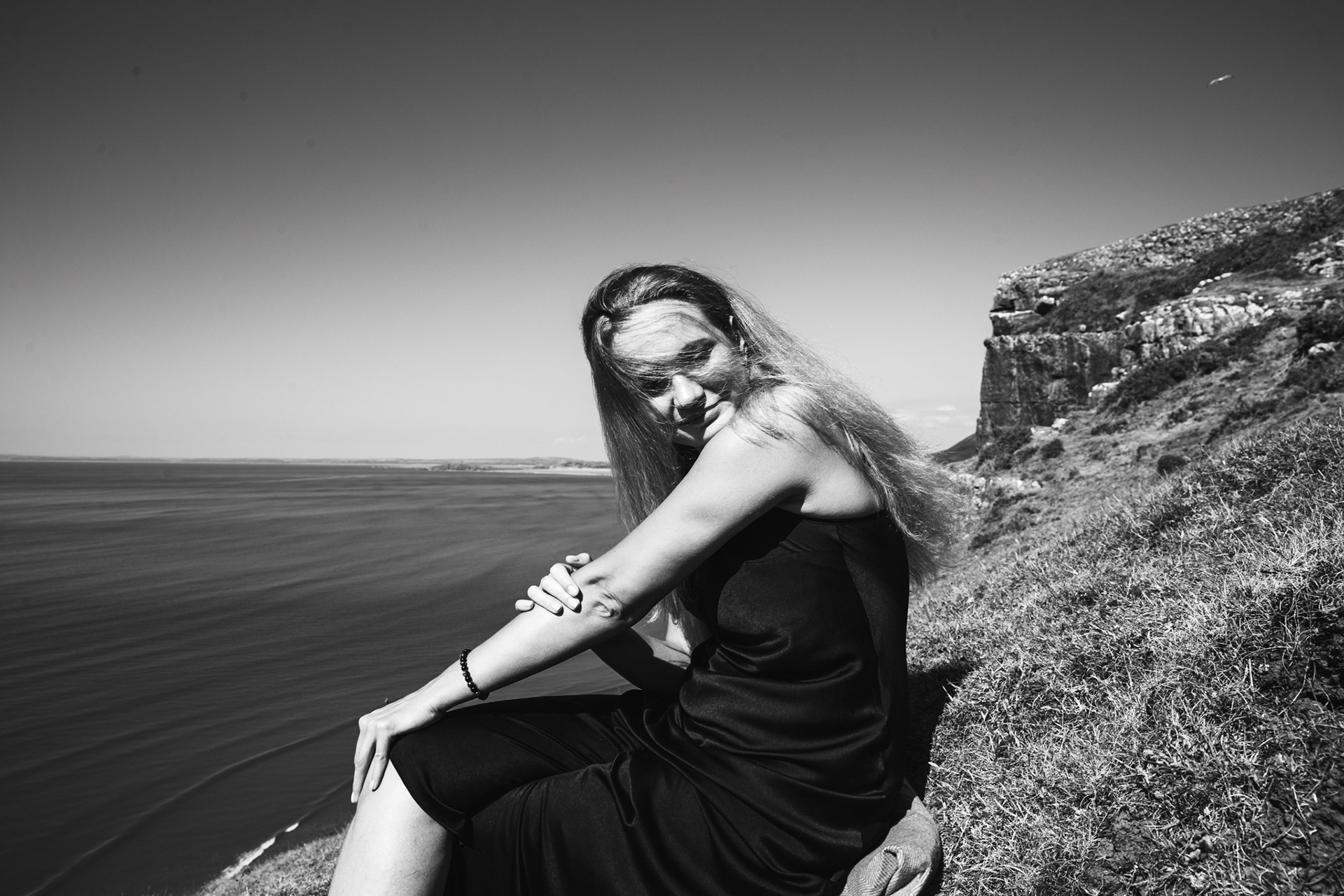
But Yana wasn't used to backing down from difficulties. She turned the process into a military campaign, where she was both strategist and commander-in-chief. After finding a good mortgage broker, she didn't just hand over all the responsibility but became an active participant in the process. "I'm very persistent myself, I was constantly asking what documents, what's the status, meaning I was constantly active in the process." She collected every certificate, every payslip, every confirmation of her financial viability. The night shifts at the hospital weren't just work—they were the bricks with which she was building her future foundation.
The bank made a cold, dispassionate calculation. Her income allowed her to get a loan of £108,000. Anything over that amount had to be covered by the deposit. And here lies another facet of her strength: she was doing it alone. "I was applying for it alone, in my own name," she emphasizes. This was her personal ascent of a financial Everest, without a safety net. Then came the hardest part—the waiting. Six long months, filled with tension. Every call, every letter could bring either joyful news or a devastating rejection. She knew that at any moment, it could all fall through. "It took 6 months for me. I know stories where it took 6 months and they still didn't buy the house, something fell through." It was a daily test of endurance, of faith in her own goal.
And then, finally, victory. The keys to her own house in her hands. It wasn't just a piece of metal. It was a symbol of her triumph over circumstances, over the system, over the scepticism of others and her own doubts. It wasn't just a purchase. It was an act of self-affirmation. She hadn't just found shelter—she had built a fortress. Her own fortress, in a foreign land, which, thanks to her will, was beginning to feel like her own.
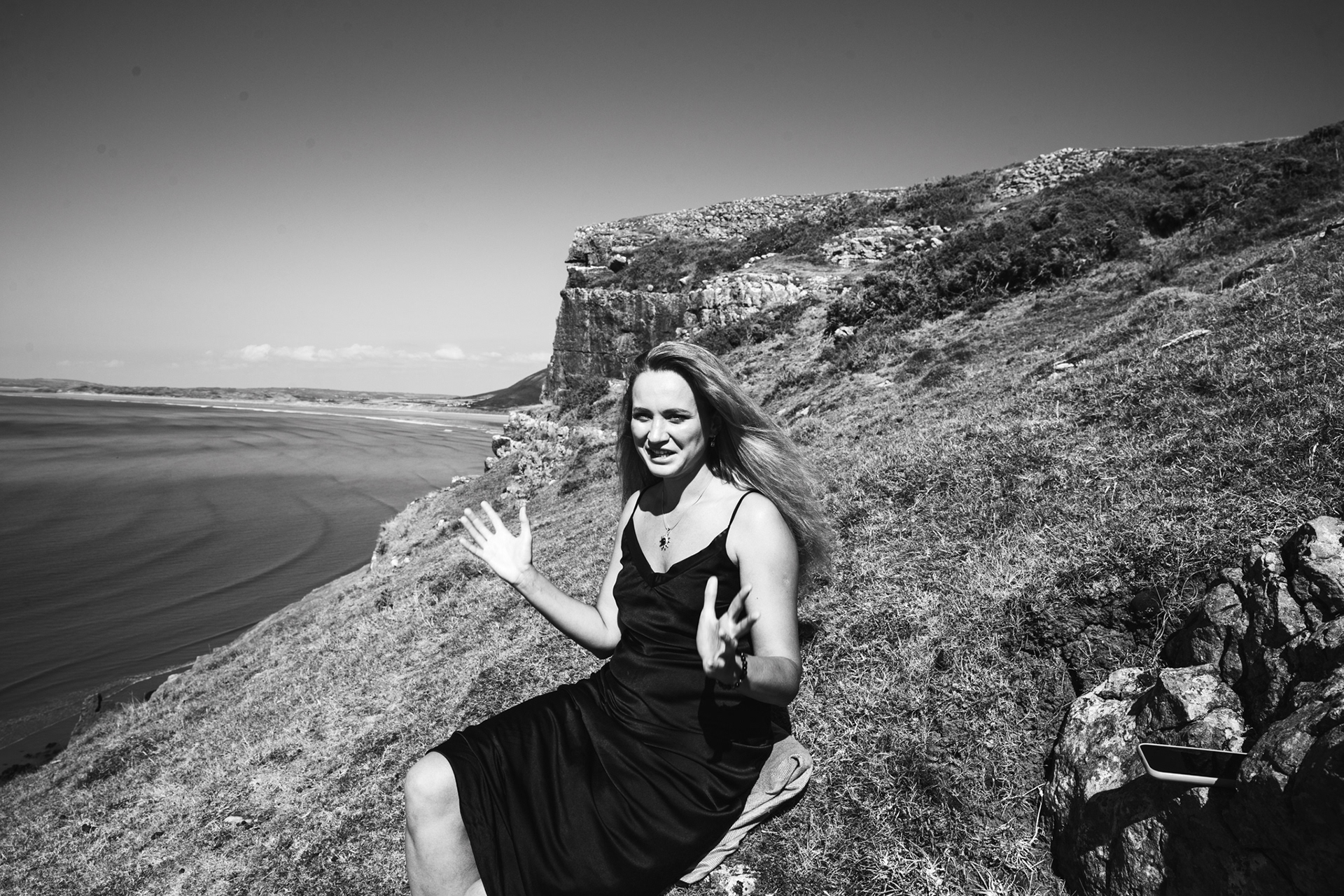
The Path to Herself. Healing the Soul
The external achievements—a stable job, her own home—were just the tip of the iceberg. The most important transformation was happening within. Yana understood that to fully recover, she needed to heal not only her financial situation but also her soul. She turned to a psychotherapist. This step required no less courage than moving to another country. "They say only brave people go to therapy, because bringing everything that sits in there, where you've hidden it so deeply, where you feel vulnerable, out into the light... that takes a lot of courage."
A year and a half of therapy changed her life. She began to understand her true needs, analyse her behaviour, and learn to understand herself. It was a difficult path to acceptance. She admits she grew up in a family where achievements were taken for granted, and praise was almost non-existent. This formed an imposter syndrome in her. "All achievements were perceived as a given, that's just how it should be... I feel like it will be a very long time before I can own even very big achievements."
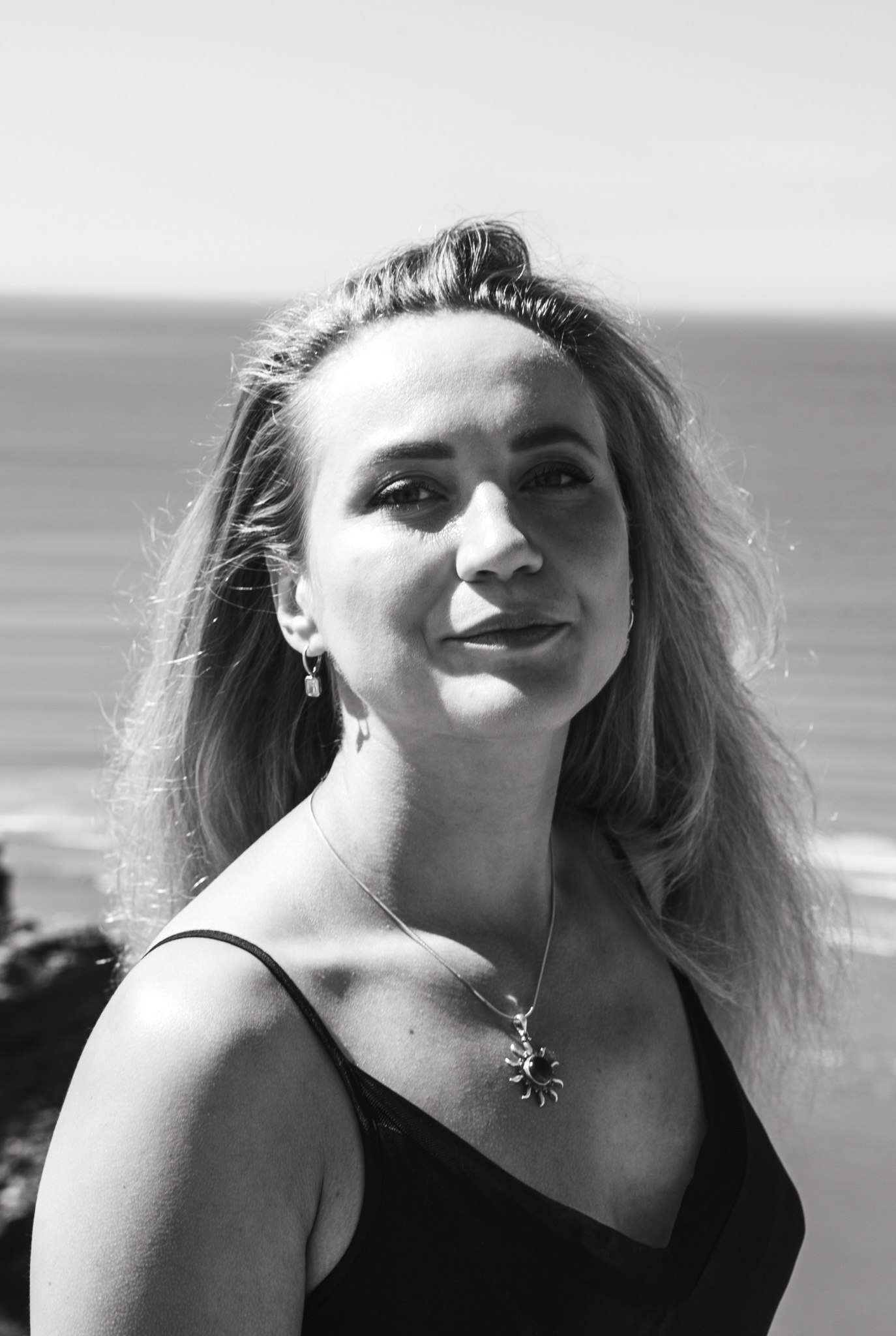
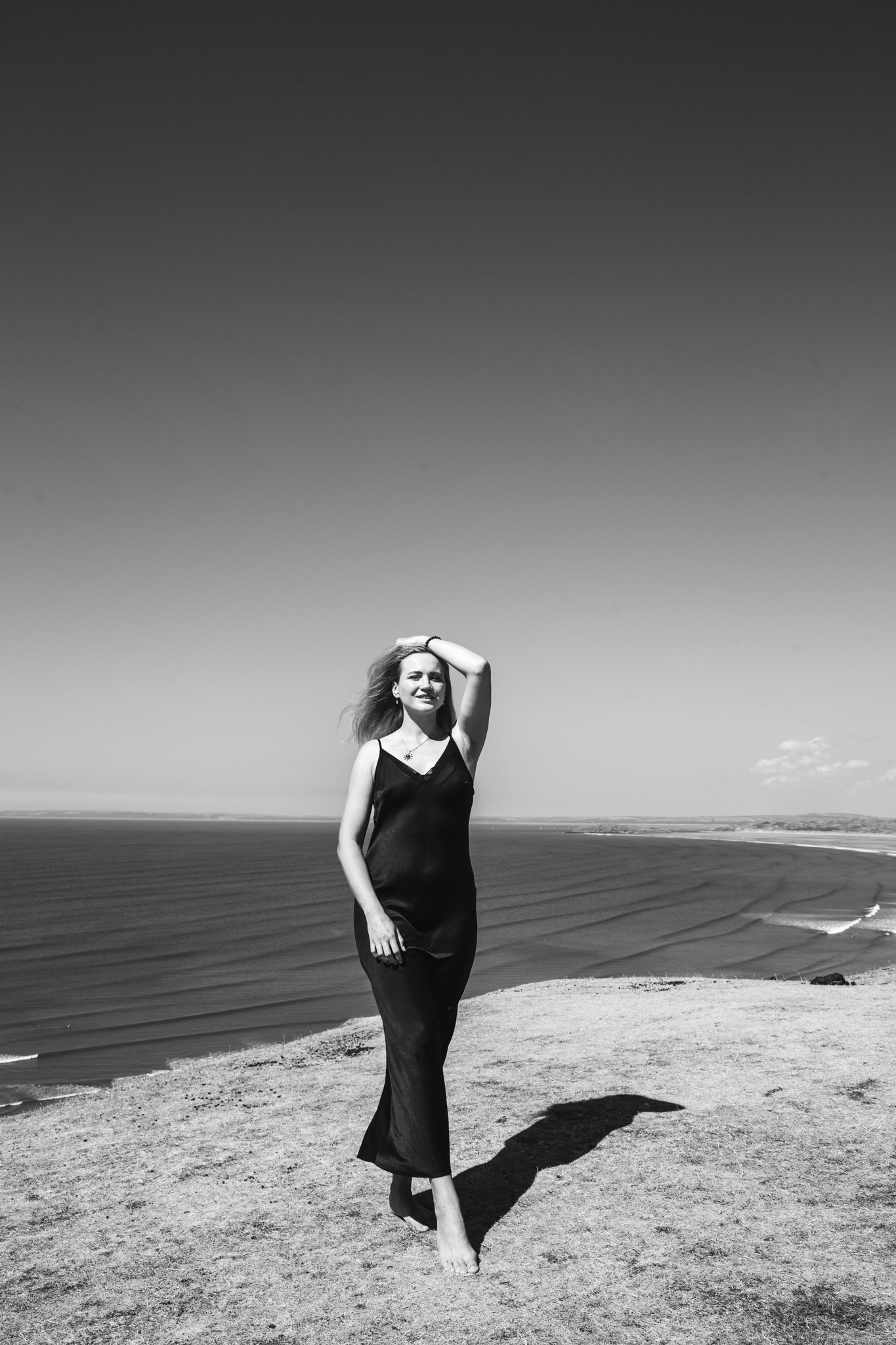
Therapy helped her begin this long journey of owning her victories. The turning point was successfully passing her language exam on the third attempt. It wasn't just an academic victory, but a victory over her own perfectionism and fear of failure. "Probably when I passed the language exam, that's when I felt, yes... I did well. I just felt that I had to perceive myself and my processes a little differently. Just to give myself a chance." She learned to be kinder to herself, and this became her new superpower. This inner strength, fortified by therapy, is what gave her the ability to endure the mortgage marathon and not break under the weight of responsibility.
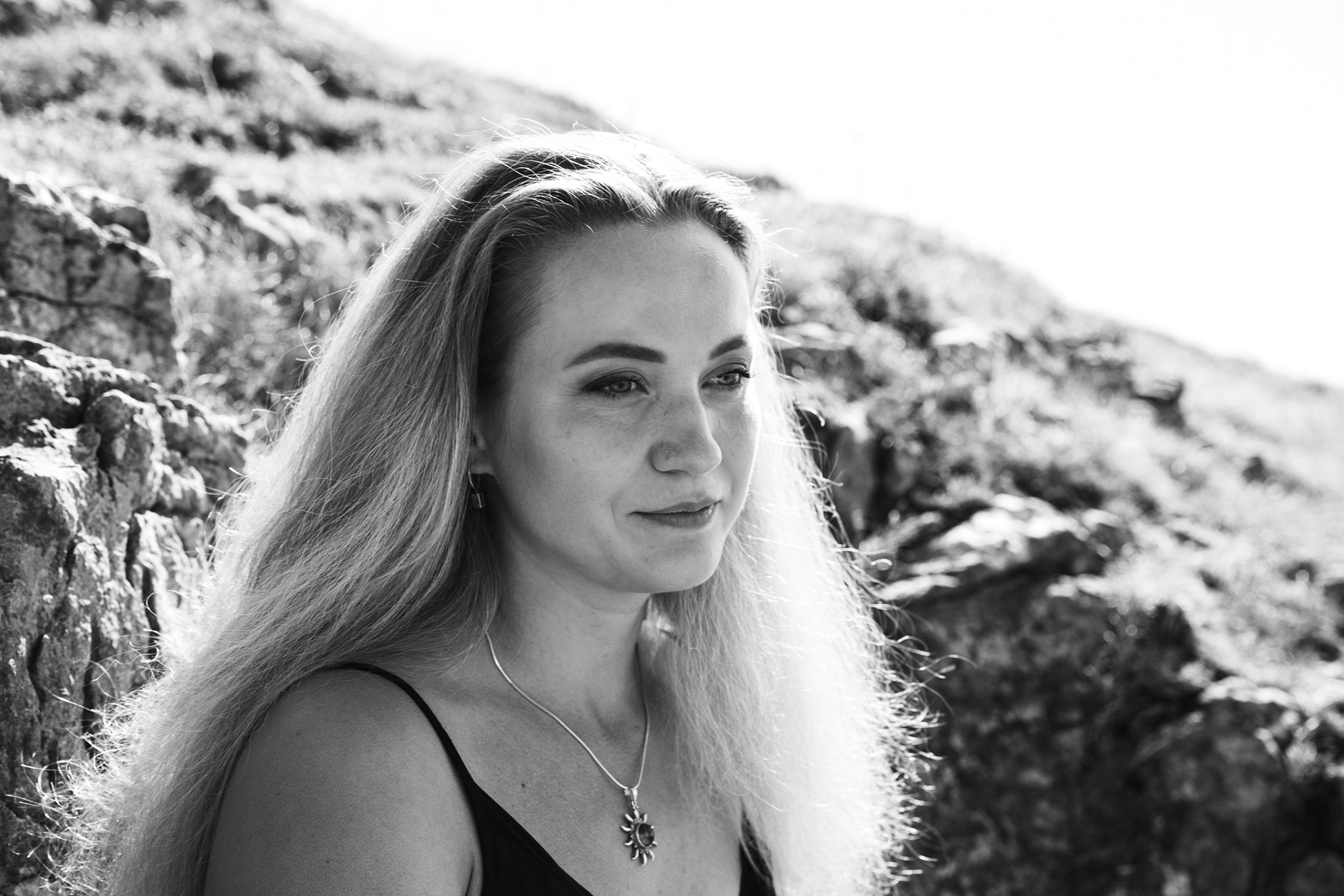
A Globalist by Nature and the Endless Path Upwards
Today, Yana Burkovska is not the bewildered woman who stood on her doorstep on the morning of 24th February. She is a person who has walked through fire and not burned, but been tempered like steel. She continues on her path to validating her medical diploma, taking complex medical exams. But her ambitions reach further. She has enrolled at the Kyiv Gestalt University to become a psychotherapist—another path that will allow her not only to heal herself but also to help others.
She lives in her own house, works in medicine, is building a new relationship, and is simultaneously studying in two fields. These are titanic efforts that require incredible self-discipline. Yana doesn't hide that it's hard. Very hard. "Sometimes it seems to me that I'm not managing myself at all... There's this constant feeling, as if swords are hanging over you, and each one is about to fall and just crush you."
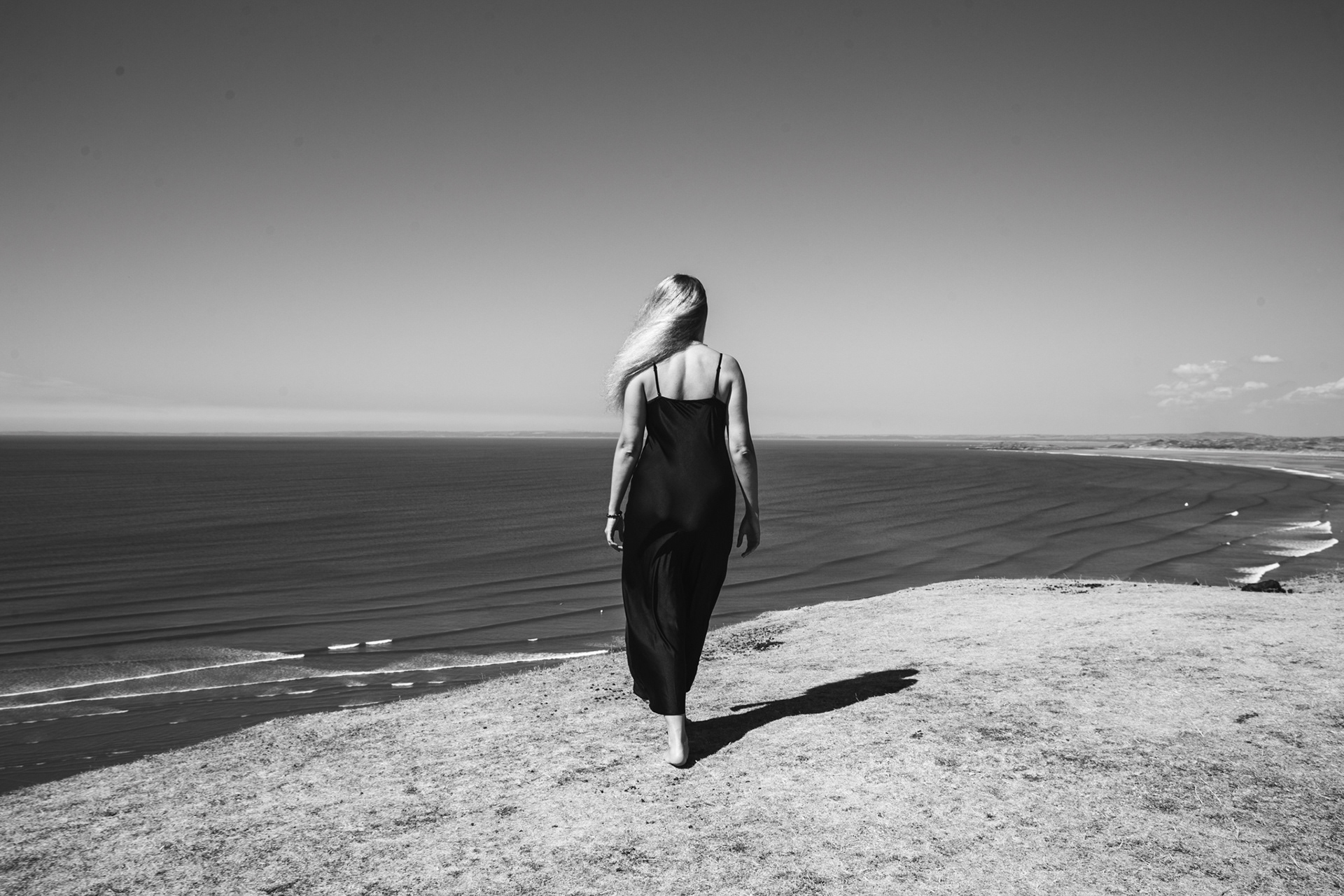
This honesty makes her story even more powerful. Her strength lies not in the absence of fear or fatigue, but in the ability to keep going, despite them. She no longer feels tied to one place. The war, by taking her home, paradoxically gave her the whole world.
"I feel like I belong, and it's a very strange feeling, because I never really felt like I belonged in Ukraine... I feel that, in general, I am a globalist by nature. Why should I be limited by some country? Why can't I live here, or there, and try it? For me, home is the Earth. That's the strange little person I am. And I want to choose where on this Earth to live."
This is the philosophy of a person who has found her inner homeland—within herself. Her story is not a Cinderella story. It is a real, harsh, but inspiring manifesto of human resilience. It is proof that even when the external world is collapsing, you can build a new, even stronger one on the foundation of your own will, courage, and indomitable spirit. Yana Burkovska didn't just survive. She learned to transform pain into strength, and challenges into opportunities. She became the architect of her own life, proving that the strongest fortress, one that no war can destroy, is the one inside us.
